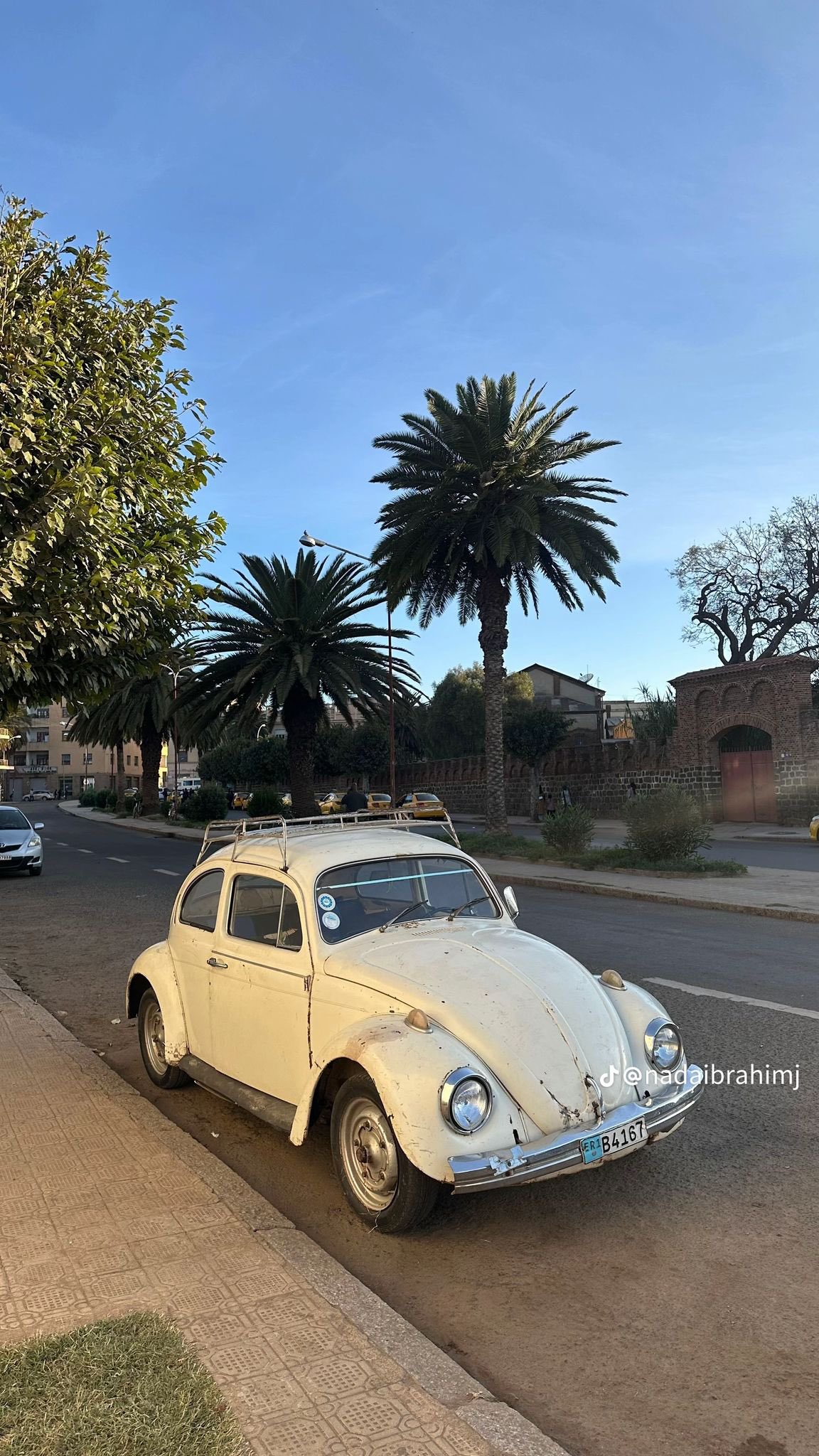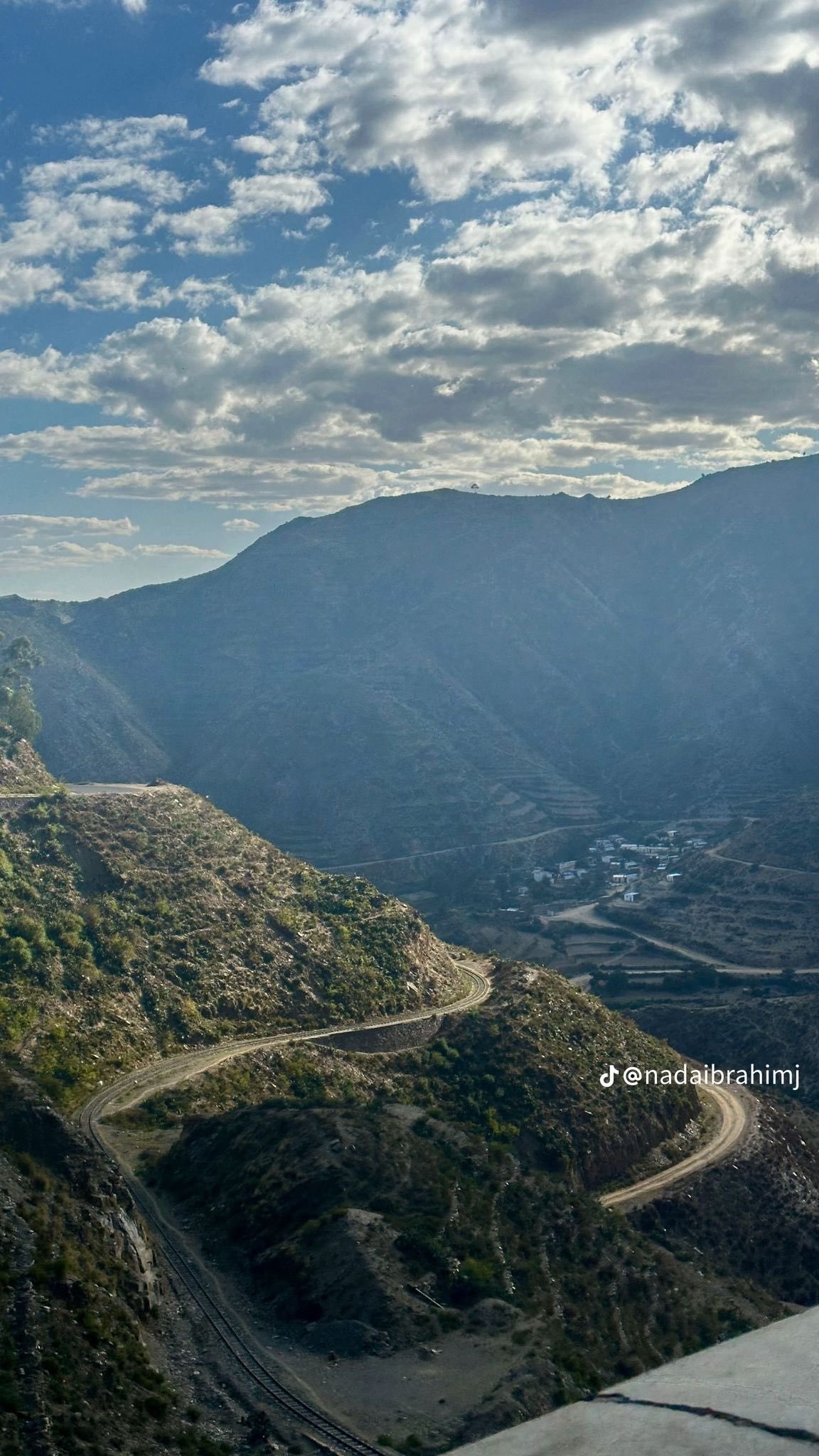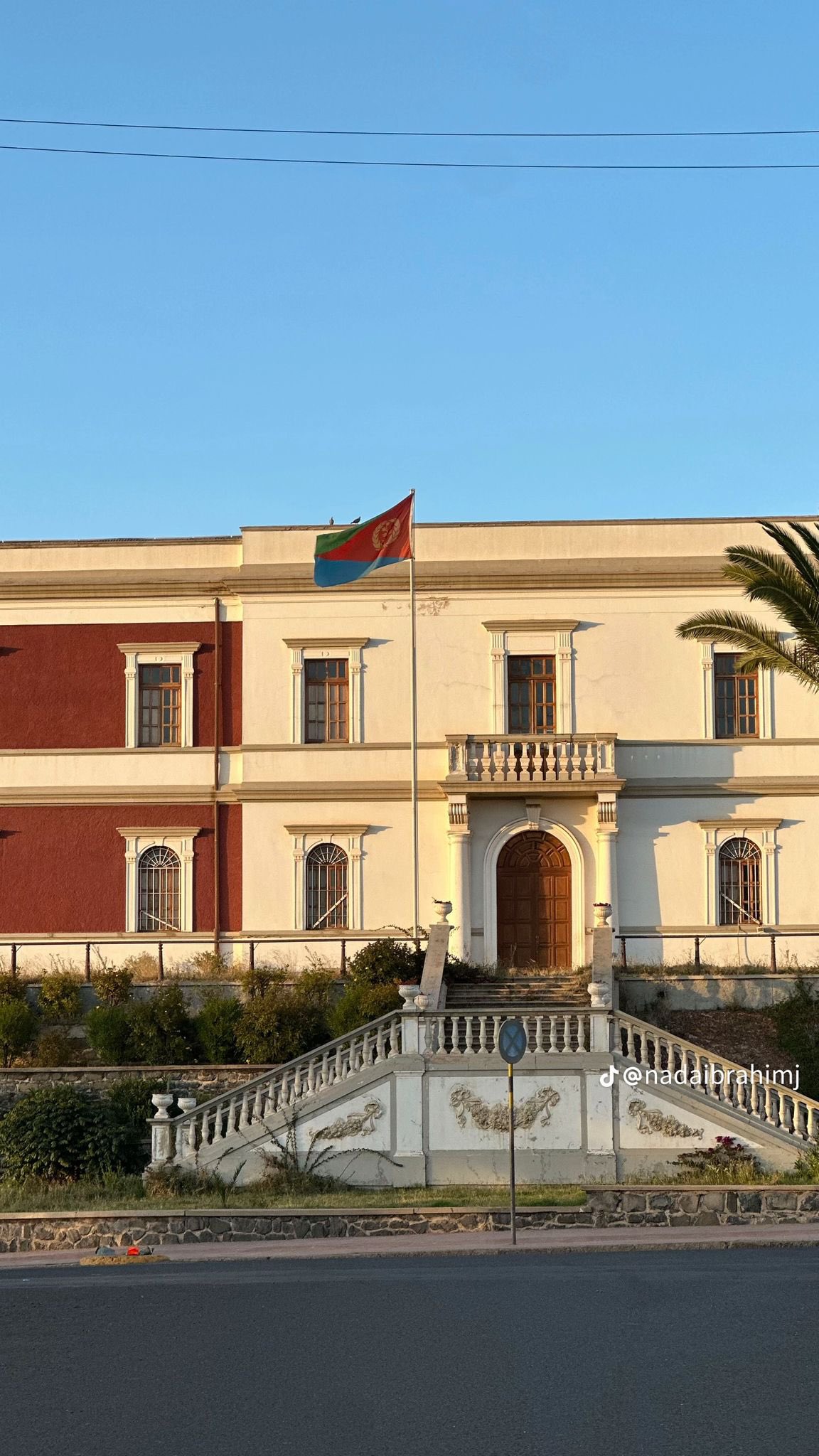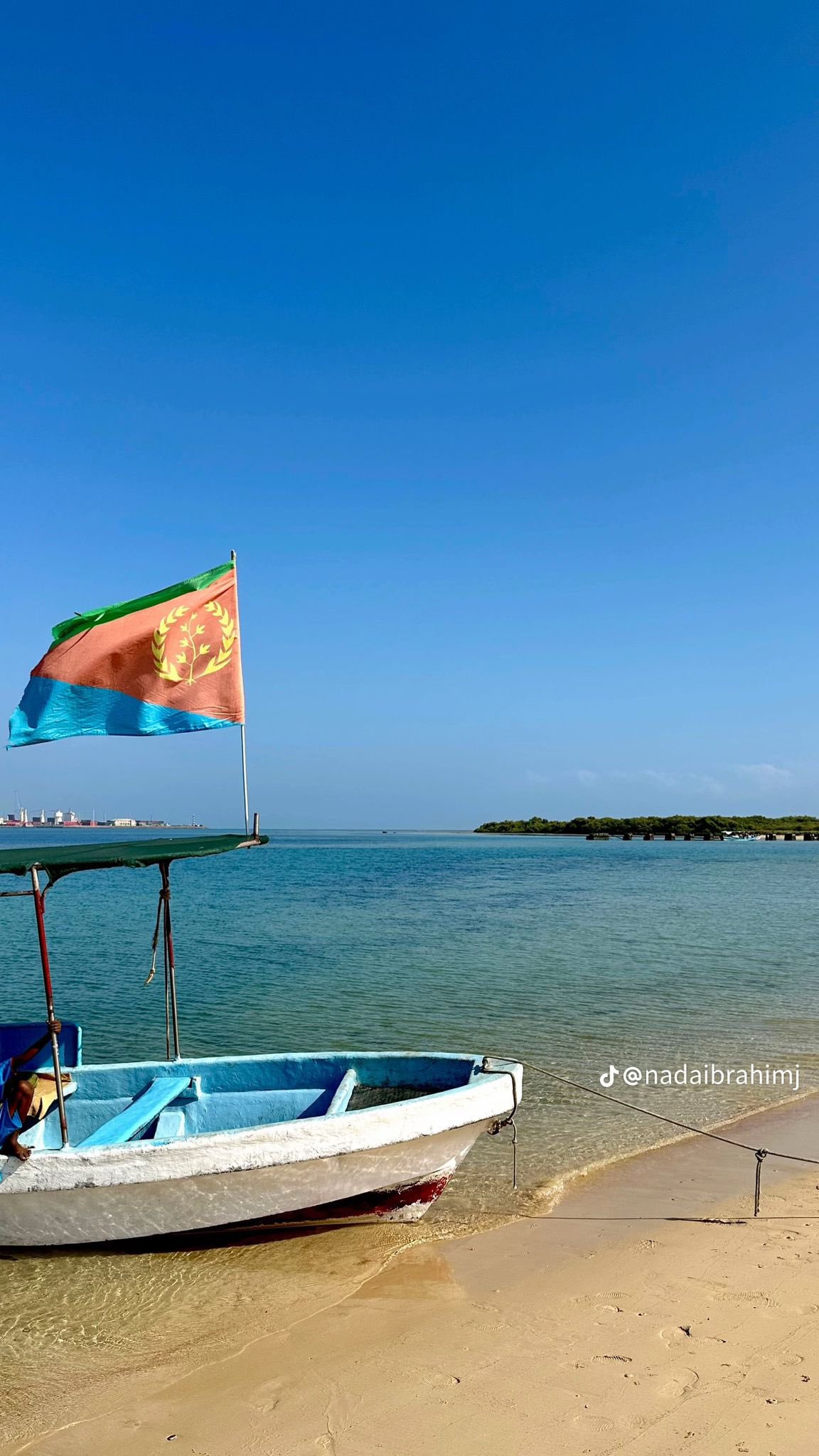Re: May 21, 1984
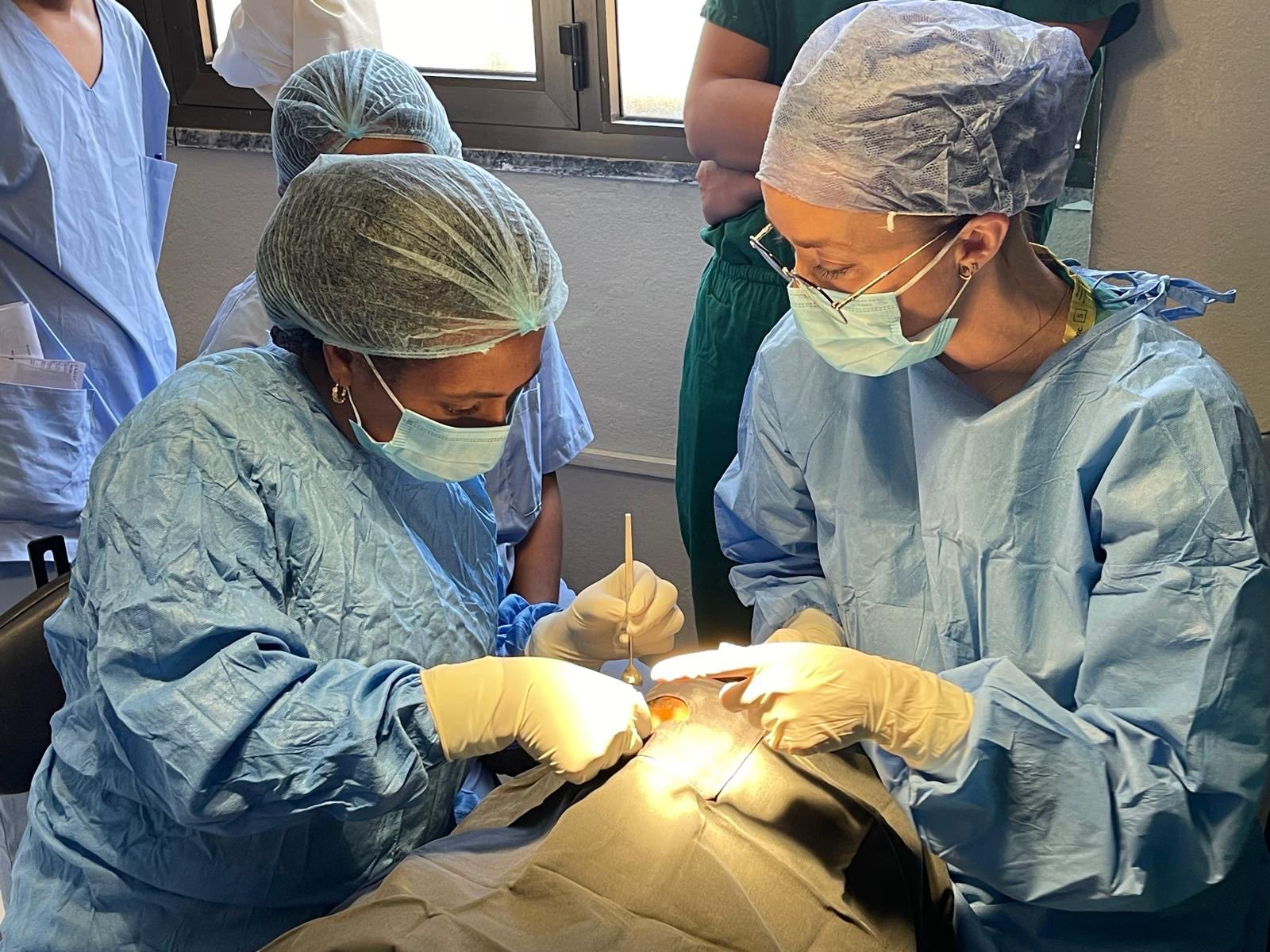
Strengthening local capacity: Oculoplastic Training at Berhan Ayny Hospital
A corner stone for self sustainability in eye care, is elevating residency programs and medical equipment to establish ophthalmology thought leaders and expert clinicians.
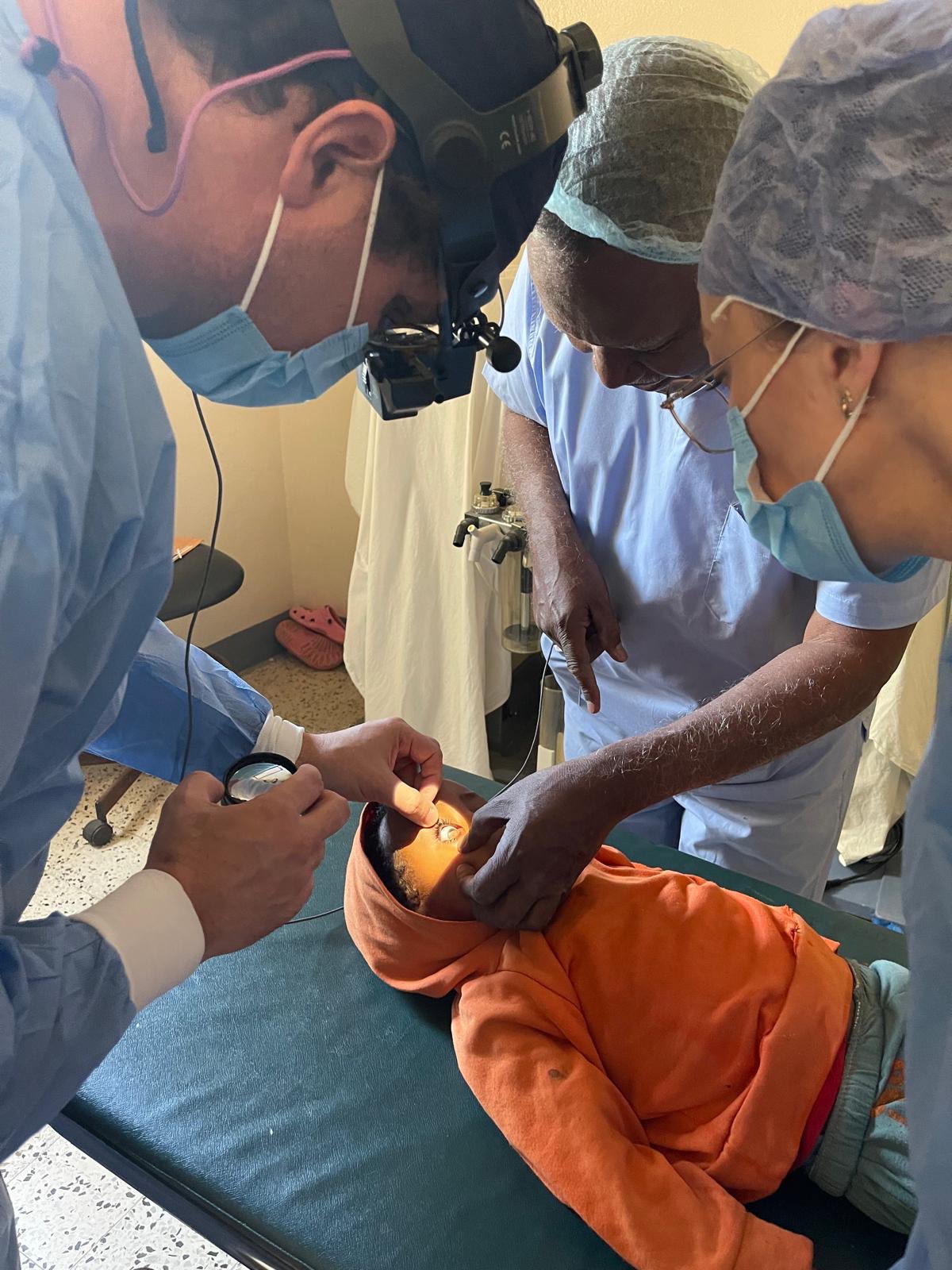
Plans for 2025 in Eritrea include, an expanded visiting faculty program that will bring top global ophthalmologists to teach and mentor local doctors and nurses to enhance and elevate their skills to provide more specialized eye care.
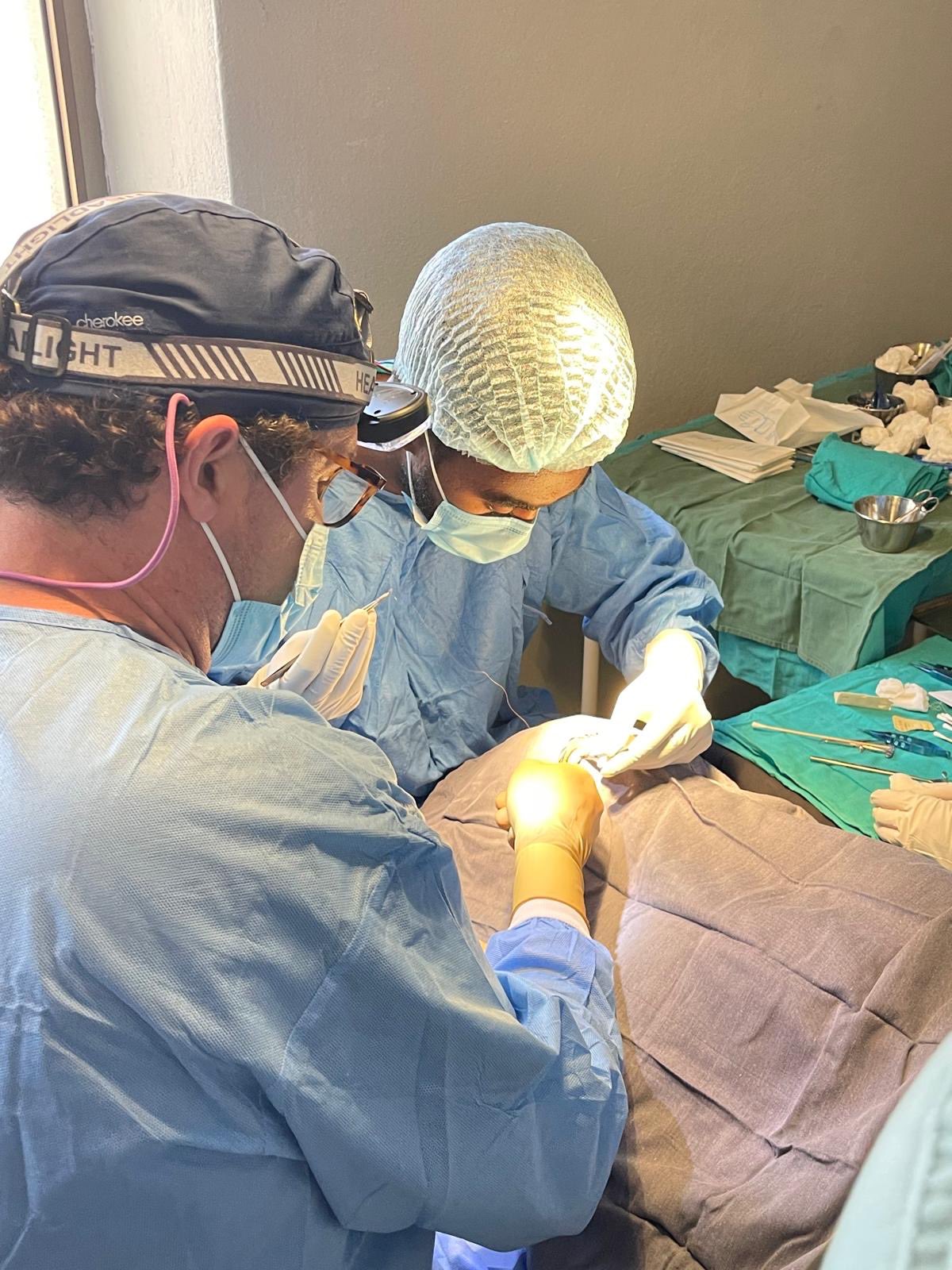
This initiative will strengthen skills and leadership of local providers, to further @CureBlindness Project ‘s goal of eventual self-sustainability of Eritrea’s eye health system.
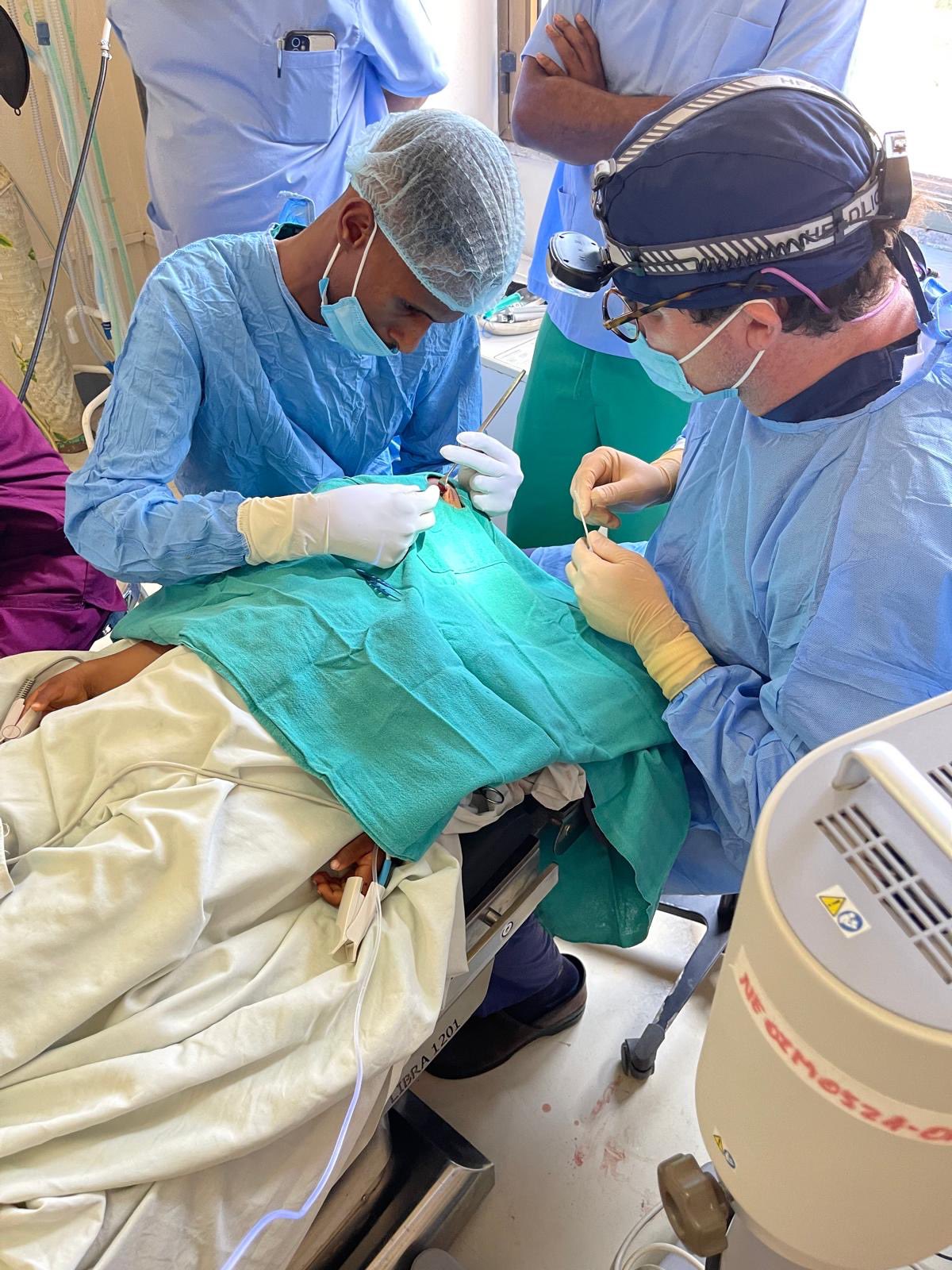 @DrMenghis
@DrMenghis________________

In the Southern region, the Ministry of Health delivers services to citizens through two regional referral hospitals, seven community hospitals, nine health centers, two clinics, and 42 health stations.
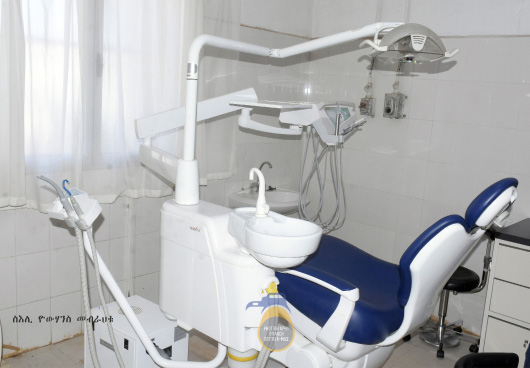
ሆስፒታል ደንደን፡ ናውቲ ሕክምና ስኒ ብሓገዝ ረኺቡ
@shabait
Apr 25, 2025
ኣብ ከተማ ኣስመራ - ቀጽሪ መዓስከር ደንደን ዝርከብ፡ ሓርበኛታት ስንኩላን ዝግልገሉሉ ሆስፒታል፡ ብመንገዲ መሻርኽቲ ሃገራዊ ማሕበር ሓርበኛታት ስንኩላን ኲናት ኤርትራ ዝዀኑ ጀርመናውያን፡ ብ23 ሚያዝያ ናውቲ ሕክምና ስኒ ብሓገዝ ረኺቡ።
ኣብ’ቲ ሆስፒታል ክኢላ ፊዝዮተራፒ ረዘነ መብራህቱ ንኤሪና ኣብ ዝሃቦ ሓበሬታ፡ እቲ ብሓገዝ ዝተረኽበ መሳርሒታት፡ ኤክስረይ፡ መሕጸብን መኽልእን፡ ከምኡ’ውን መምልኢ ስኒ ከምዘጠቓልል ኣብሪሁ።
ሓላፊ ሆስፒታል ደንደን ኣቶ ሲራክ ገብረመስቀል ብግደኡ፡ ሳላ’ቲ ብመንግስቲ ዝግበር ቀጻሊ ሓገዛት፡ እቲ ሆስፒታል ዝሓሸ ኣገልግሎት ይህብ ከምዘሎ ብምጥቃስ፡ እቲ ሕጂ ዝተወፈየ ናውቲ ብግቡእ ኣብ ኣገልግሎት ንኽውዕል፡ ብቑዓት ሰብ ሞያ ሕክምና ስኒ ክምደቡ ኣዘኻኺሩ።
ኣብ’ቲ ሆስፒታል ዝግልገሉ ሓርበኛታት ስንኩላን ብወገኖም፡ ኣገልግሎት ሕክምና ስኒ ንምርካብ ናብ ሆስፒታላት ኦሮታን ሓሊበትን ክኸዱ ምጽንሖም ብምሕባር፡ እቲ ብሓገዝ ዝተረኽበ መሳርሒታት ነዚ ዝፈትሕ ከምዝኸውን ዘለዎም እምነት ገሊጾም።
Re: May 21, 1984


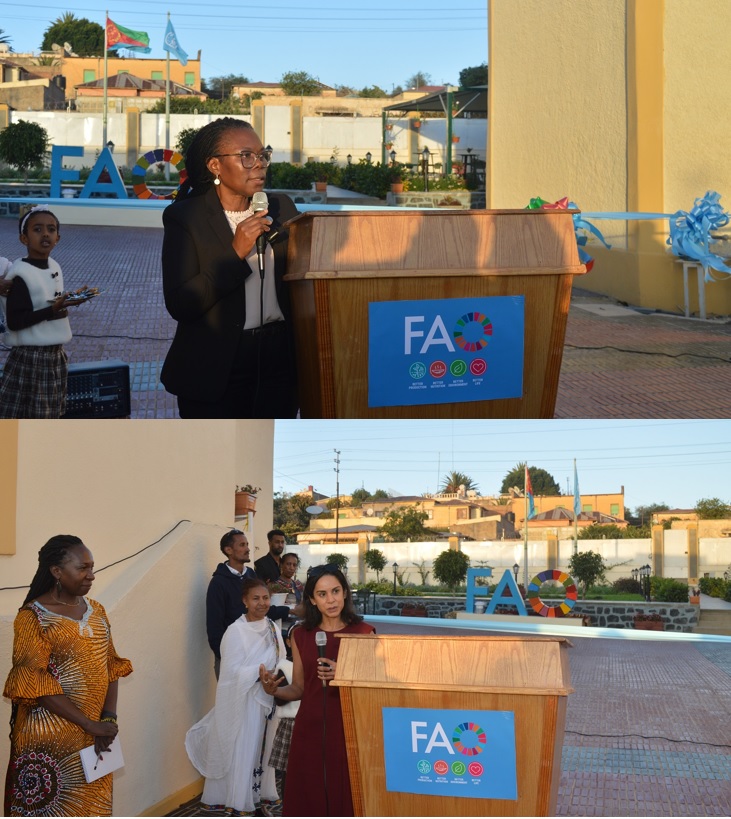
Last Tuesday, we inaugurated FAO’s new office in
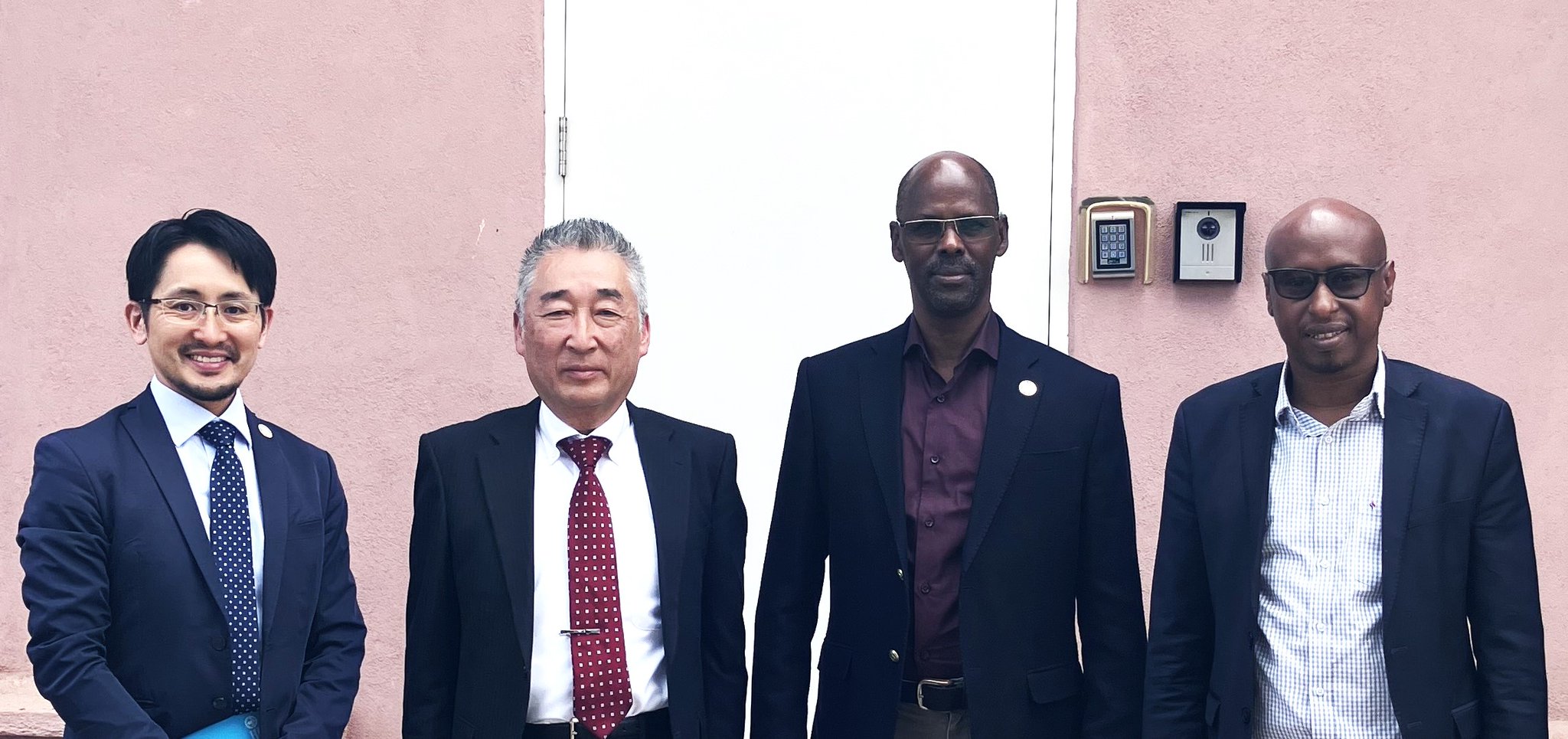
FAO
Re: May 21, 1984
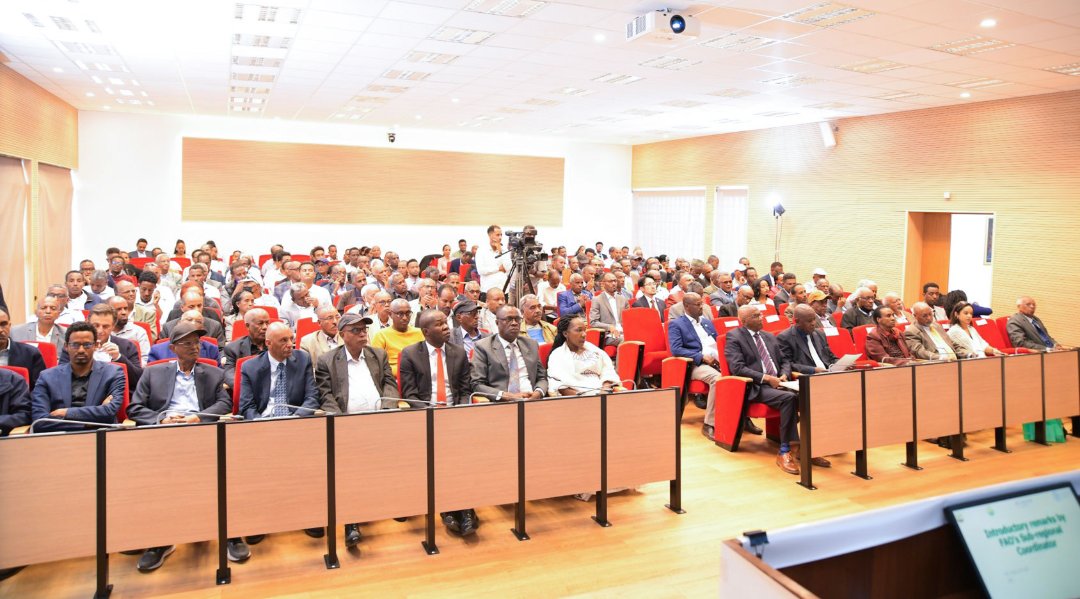
National Agri-Business Conference on Selected Commodities
@shabait
In a major move to boost sustainable agriculture, the Ministry of Agriculture, in collaboration with the Food and Agriculture Organization (FAO), hosted a National Agri-Business Conference on 24 April. The event, held at the National Confederation of Eritrean Workers (NCEW) conference hall, brought together senior Government officials, UN representatives, and sector experts to focus on seven selected commodities critical to national food systems.
Under the theme “Enhancing Agri-Business for Sustainable Food Systems,” the conference served as a vital platform for dialogue and collaboration among a broad spectrum of stakeholders. It aimed to drive innovation and coordinated action across the agri-business value chain.

Delivering the opening remarks on behalf of the Minister of Agriculture, Mr. Tekleab Mesghna, Director General of the Regulatory Services Department, stated that the conference marks a milestone in Eritrea’s national strategy to strengthen Agri-business. He noted that this gathering is the result of ongoing efforts launched in mid-2022 under the National Forum for the Hand-in-Hand Initiative, with support from the FAO.
Mr. Tekleab emphasized that agriculture has always been integral to Eritrean society, but the sector continues to face major challenges—including climate change and poverty. He stressed that the FAO-led Hand-in-Hand Initiative is rooted in inclusivity, partnerships, and evidence-based approaches. He highlighted three strategic pillars where the initiative aims to make a meaningful impact: inclusive development, resilient and sustainable systems, and public-private partnerships.
Representing the Investment Center, Dr. Wolday Futur praised the Ministry of Agriculture and the FAO for organizing a high-impact event that supports both smallholders and large-scale Agri-business enterprises. He also pointed to the need for critical reforms and strategic shifts to further develop the sector.

FAO’s Sub-Regional Coordinator for Eastern Africa, Ms. Farayi Zimudzi, delivered introductory remarks, underlining the urgency of addressing challenges and leveraging opportunities in the Agri-business sector across the region. She called for strengthened collaboration to support the empowerment of smallholder farmers and agricultural advancement, in Eritrea.

UN Resident Coordinator Ms. Nahla Valji, also delivered a keynote address. She underscored the importance of sustainable agricultural practices and the need for greater investment in Agri-business, to help overcome the barriers faced by smallholder farmers. She highlighted the essential role of Government and private sector collaboration in building resilient, inclusive food systems.
The conference included, a panel discussion exploring strategies for inclusive economic growth and development in the agricultural sector. The discussion covered key topics including investing in agriculture to improve food security, addressing poverty and climate-related challenges, forging partnerships with international and domestic stakeholders, and crafting effective policies to support agricultural transformation.
The seven commodities highlighted under the Hand-in-Hand Initiative were presented as having strong potential to drive growth and food system resilience. Participants emphasized, the need for continued research and targeted investment to fully realize their impact.
In concluding remarks, Mr. Semere Amlesom, Director General of the Agricultural Extension Department, expressed his appreciation for the participation of all stakeholders who played a significant role in making the conference a success. He emphasized that the Ministry, in collaboration with the FAO, will work diligently on the selected commodities and called upon all relevant stakeholders to collaborate for the success of the initiative.

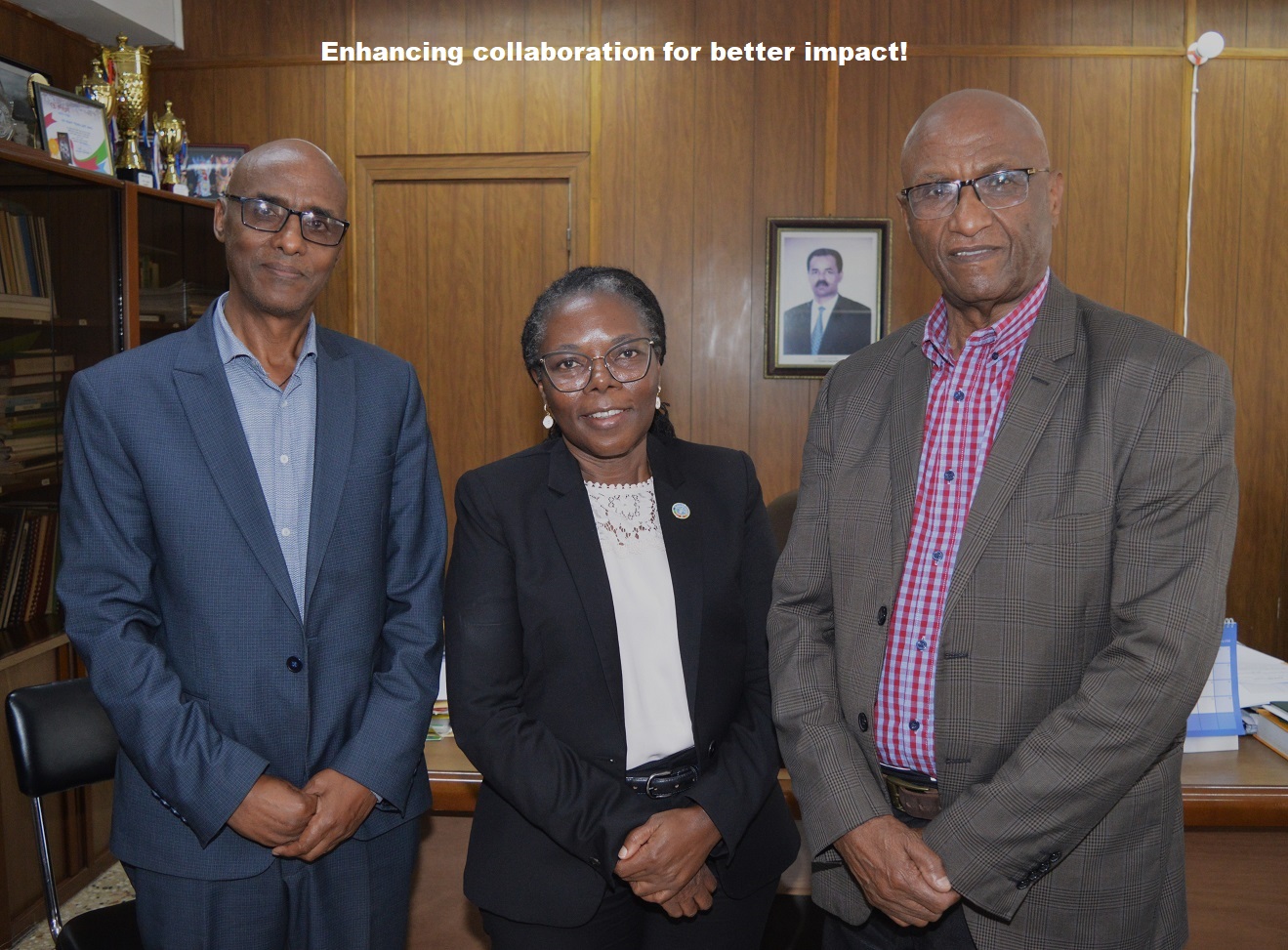
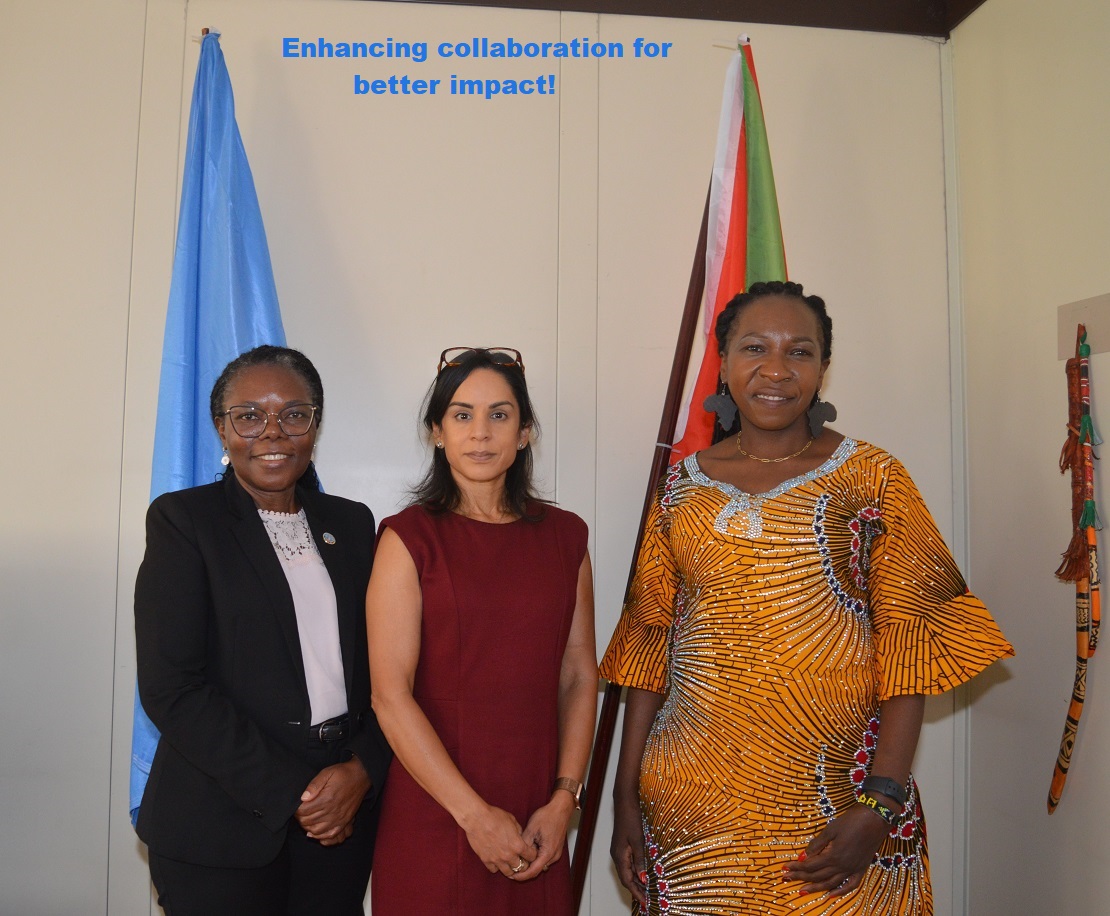
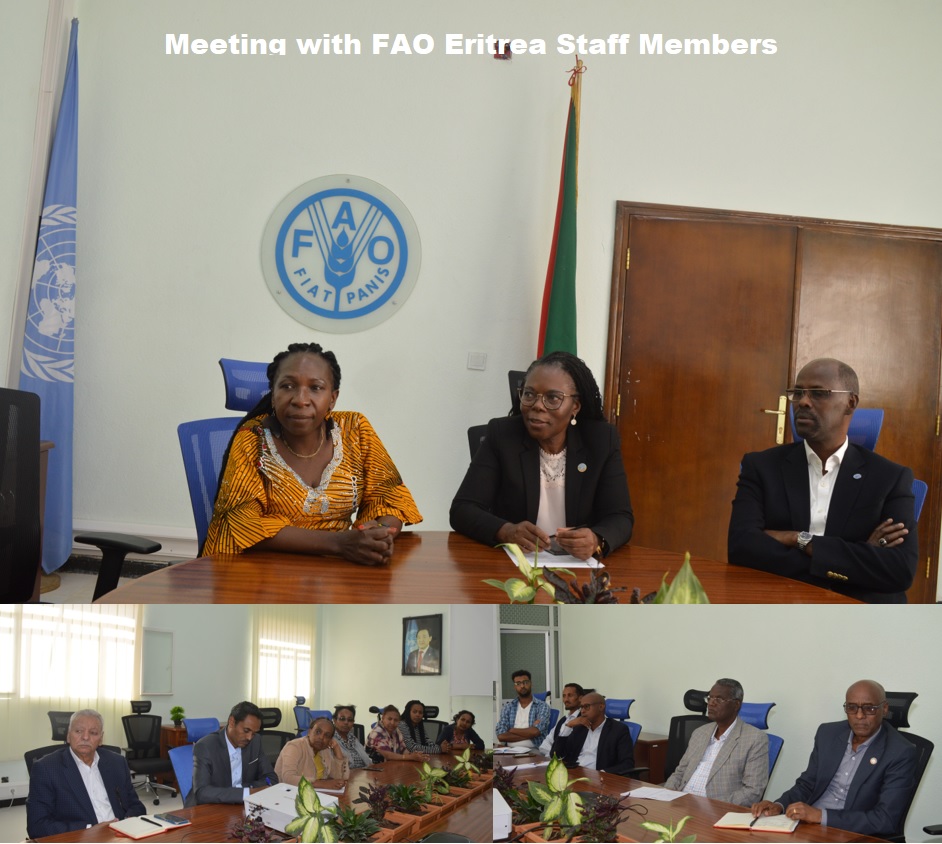
Ms. Farayi Zimudzi, FAO’s SRC for Eastern Africa, is in Asmara. Yesterday, she held productive meetings with H.E. Mr. Tesfai Gebreselassie of MLWE, MoA DG Mr. Tekleab Mesghena (RSD), and UNRC in
_________________
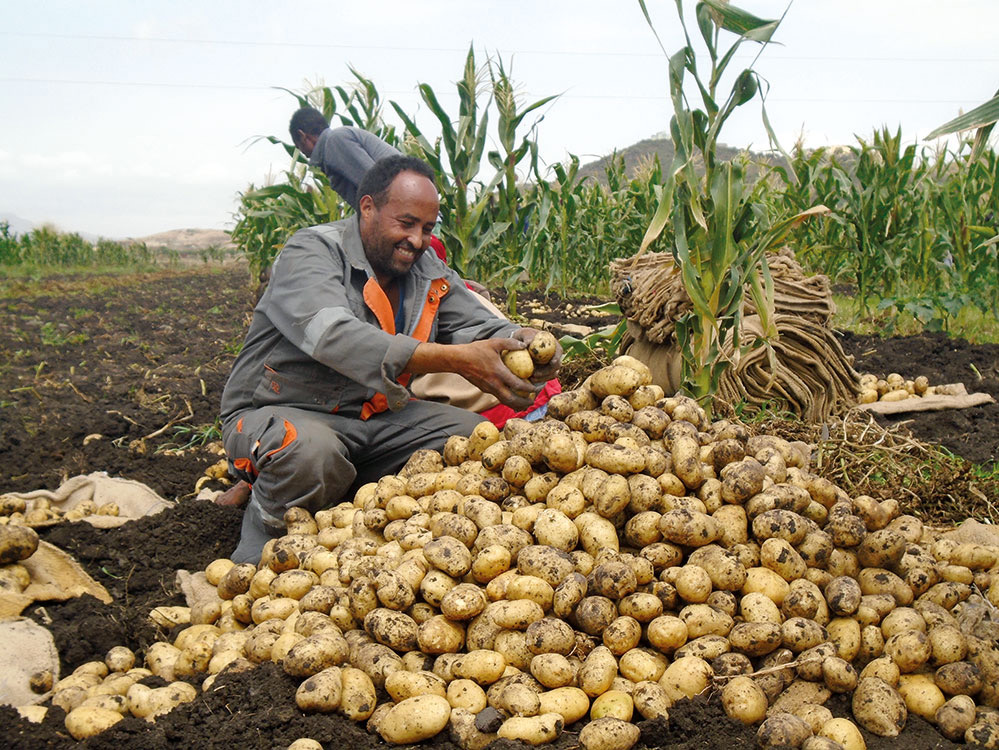
Agriculture, animal herding, and fishing are the primary sources of livelihood for over 75% of Eritrea’s population; contributing around 20-30% to the country's commodity exports.
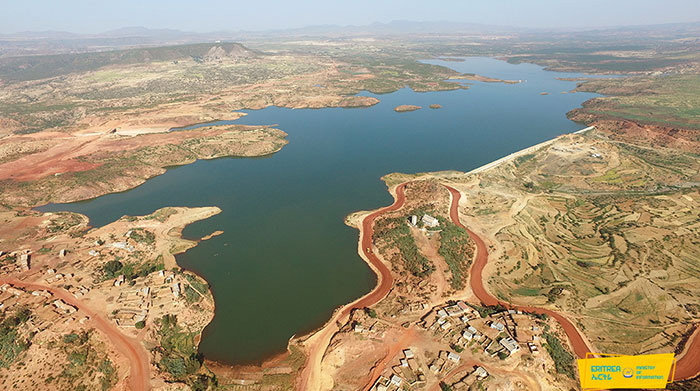
Investing in rural projects, is key to lifting this segment of the population out of poverty.
For this reason, IFAD (International Fund for Agricultural Development) has partnered with the Eritrean government to implement a US$50 million Integrated Agriculture Development project and an additional US$30 million Fisheries Resources Management project until the end of 2025.

Last edited by Zmeselo on 26 Apr 2025, 12:32, edited 2 times in total.
Re: May 21, 1984
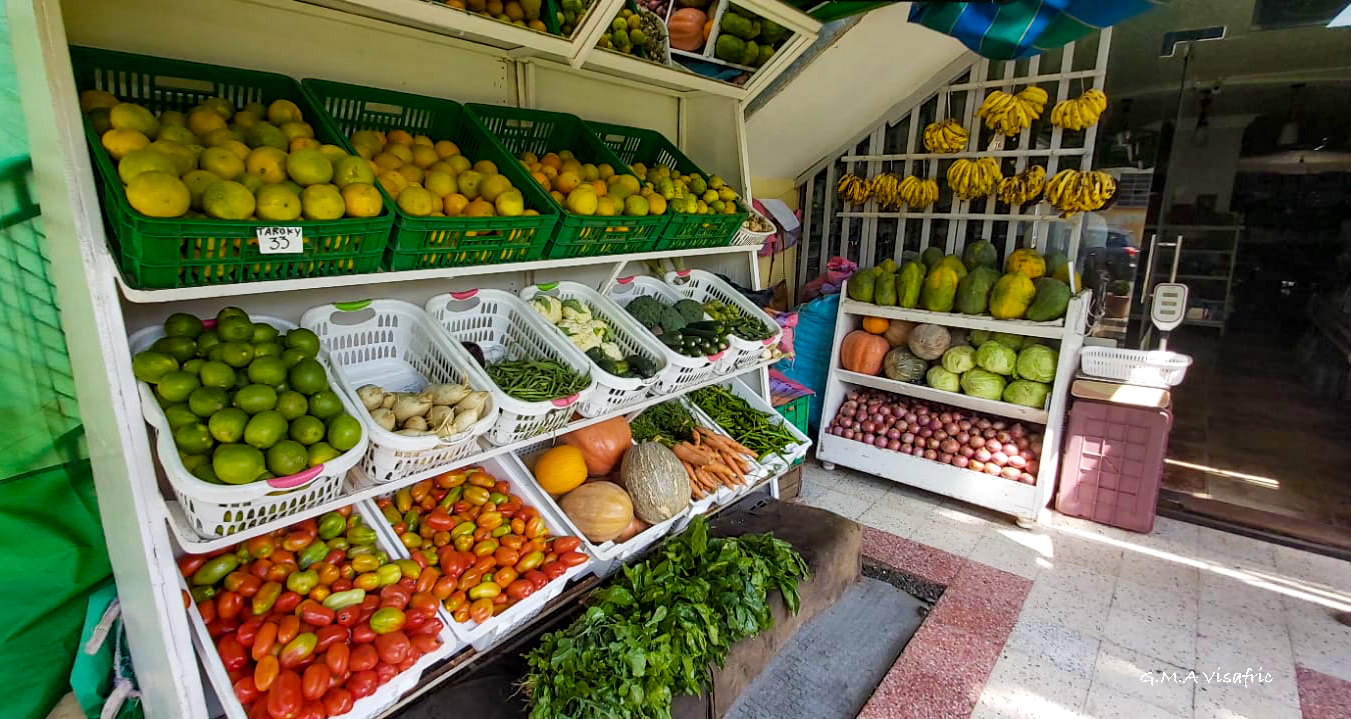
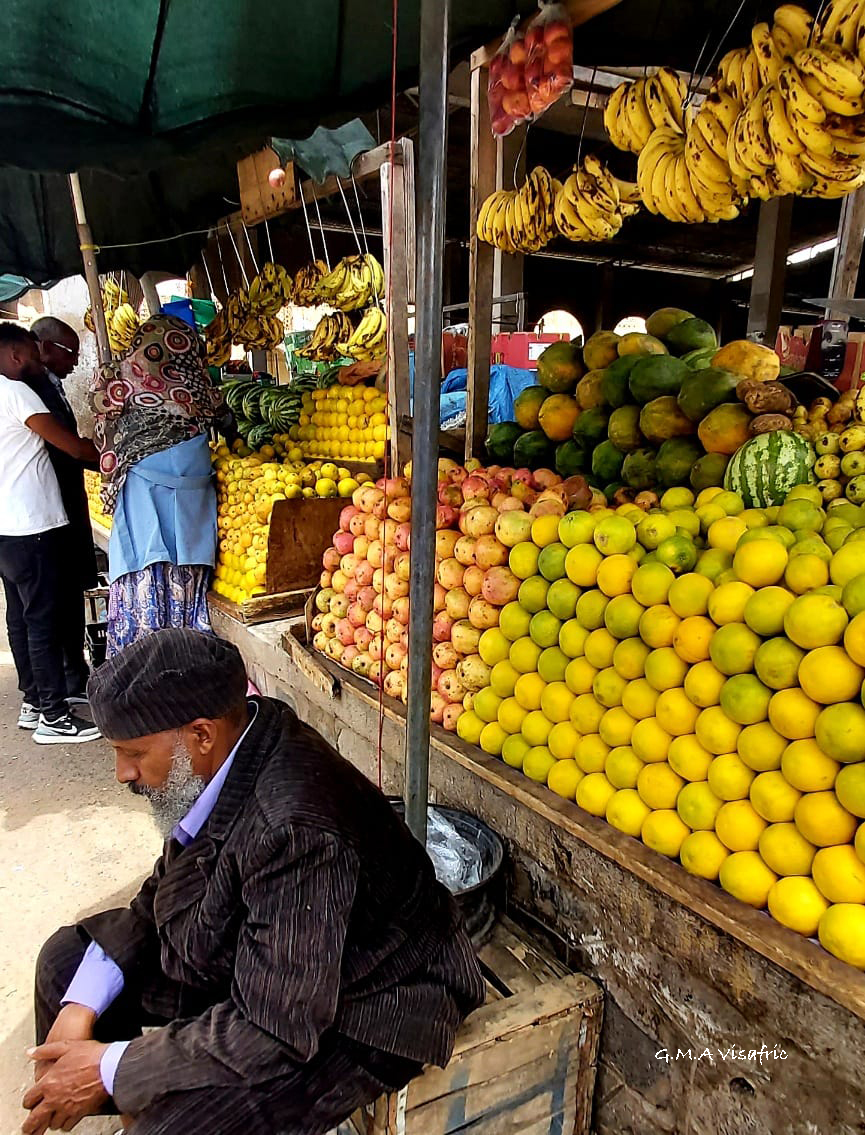
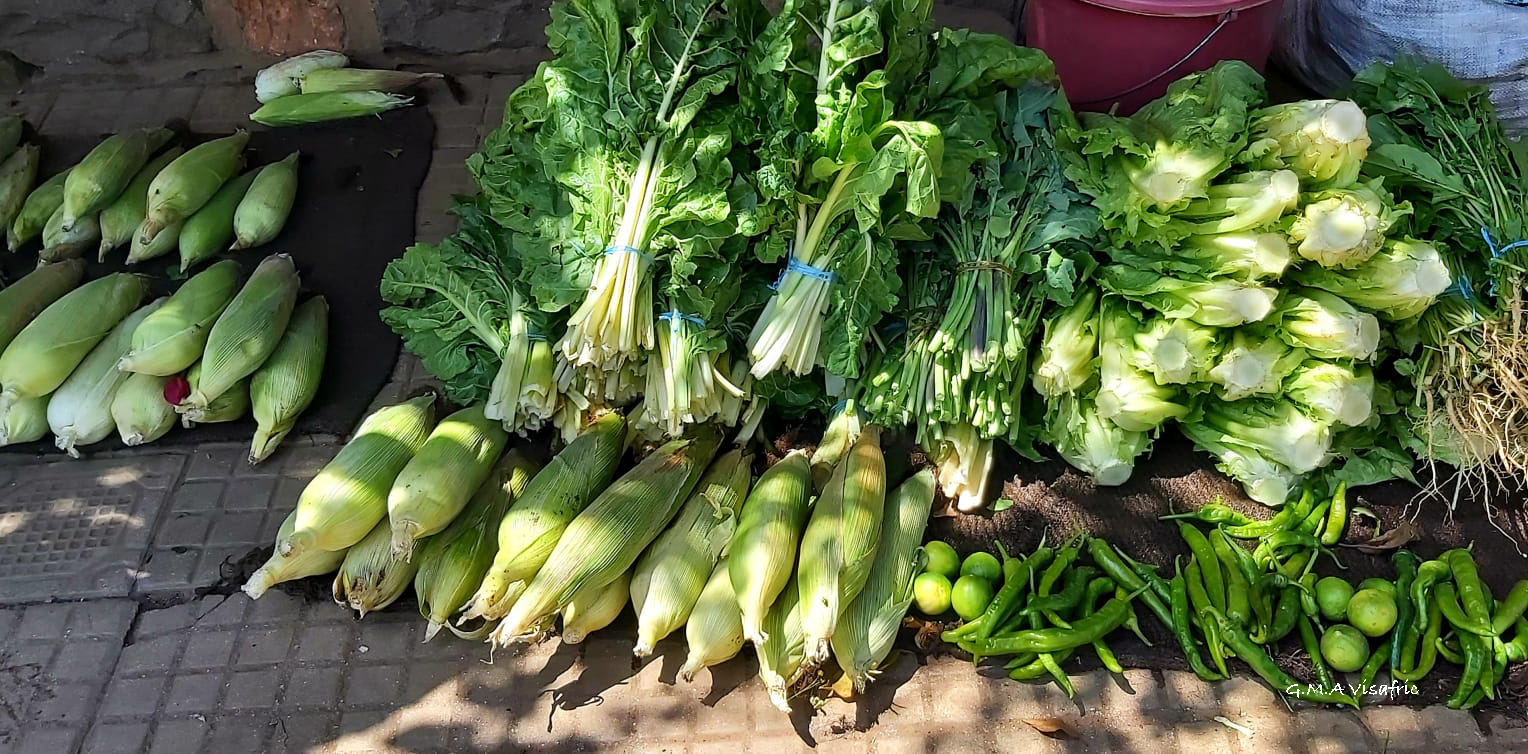
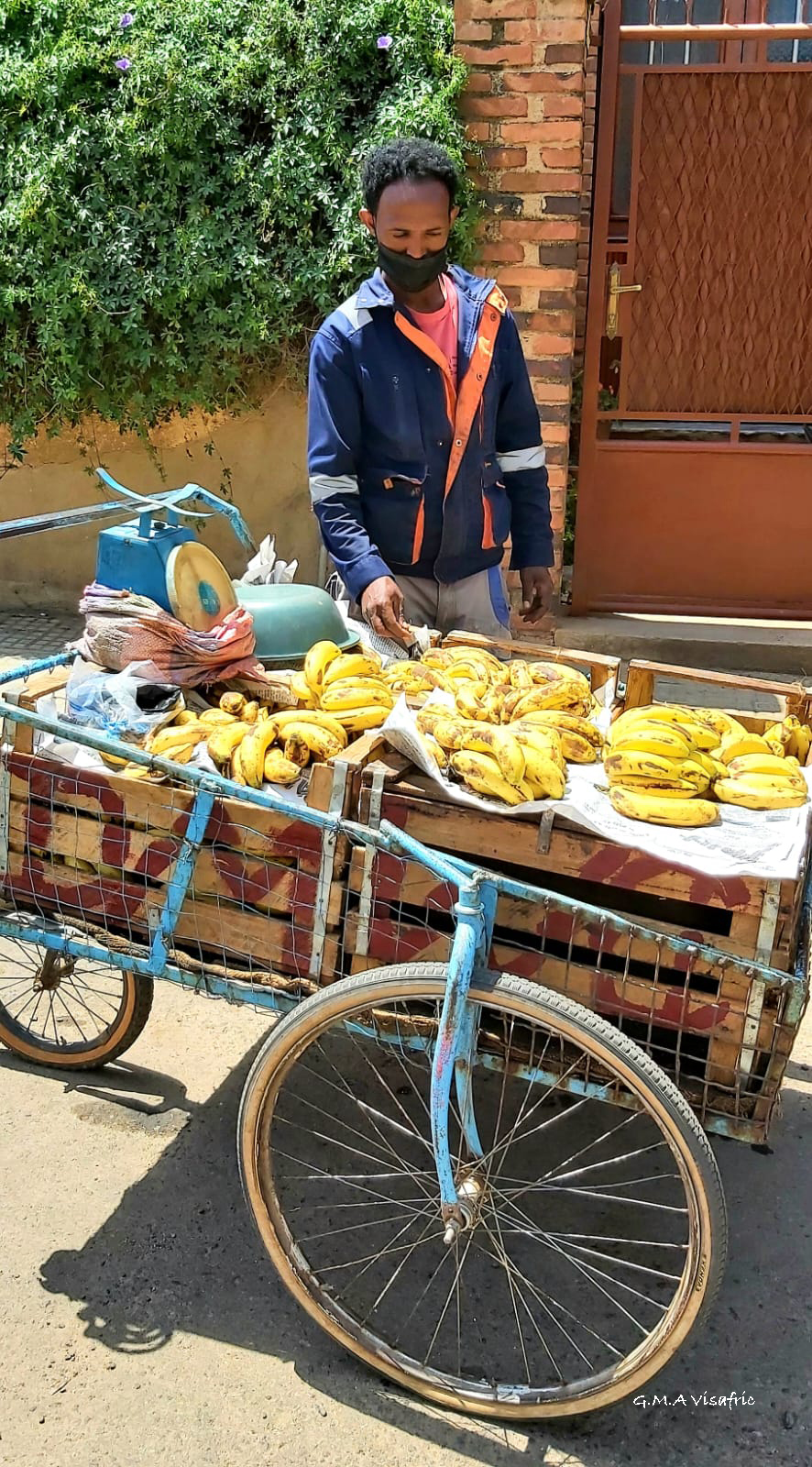
Vegetable and fruit market, in Asmara. ዕዳጋ ኣሕምልትን ፍረታትን
________________
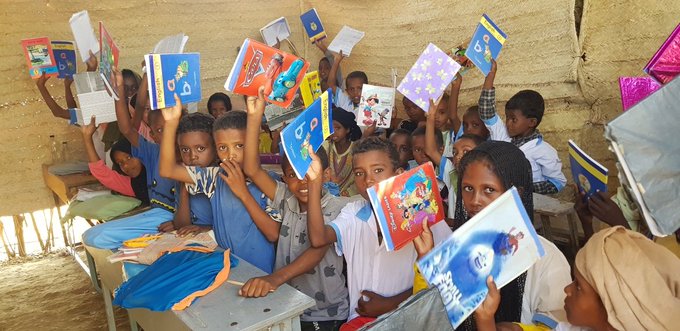
-Every year, millions of textbooks in
__________________
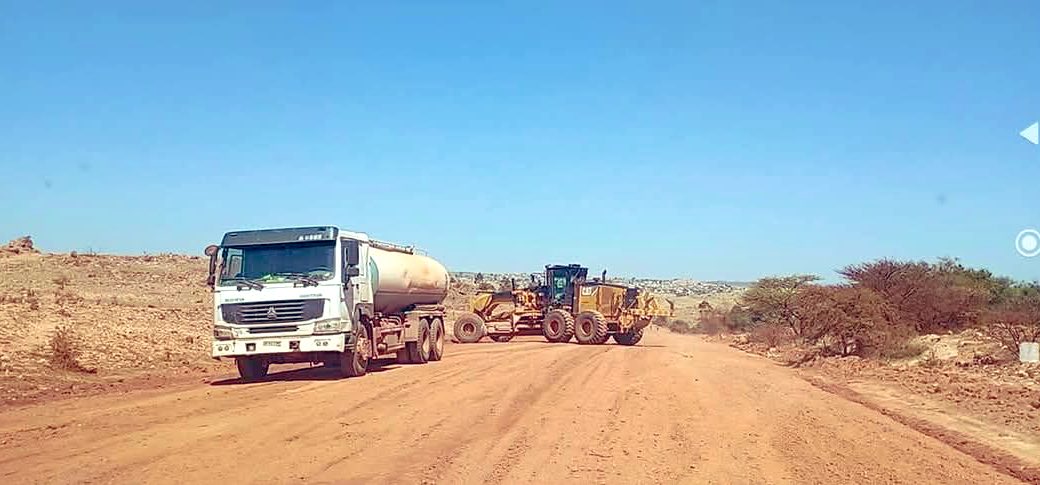
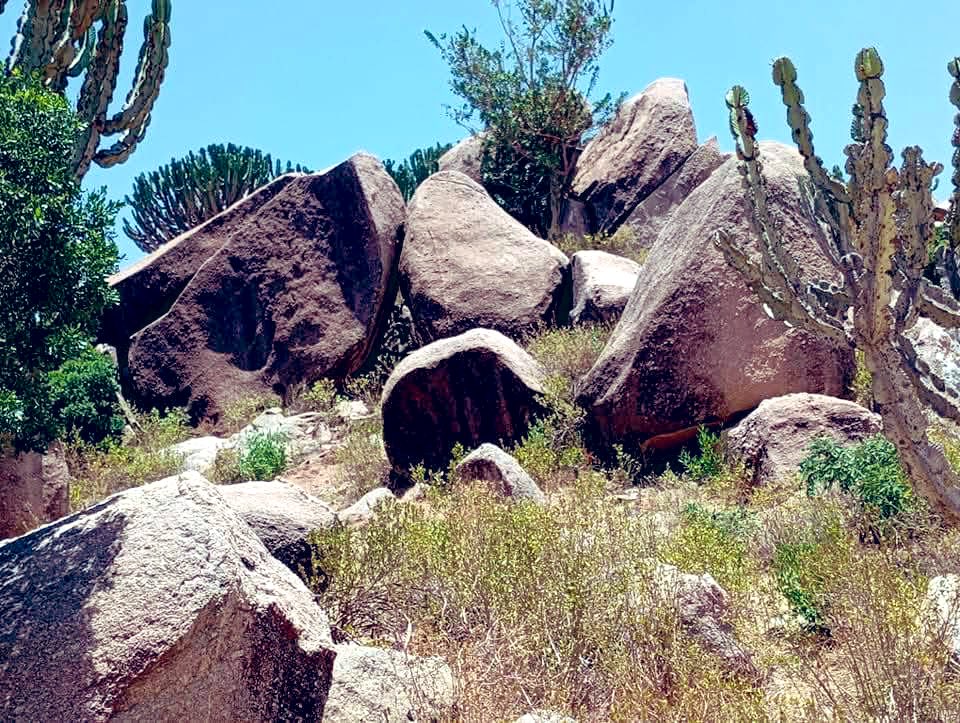
__________________
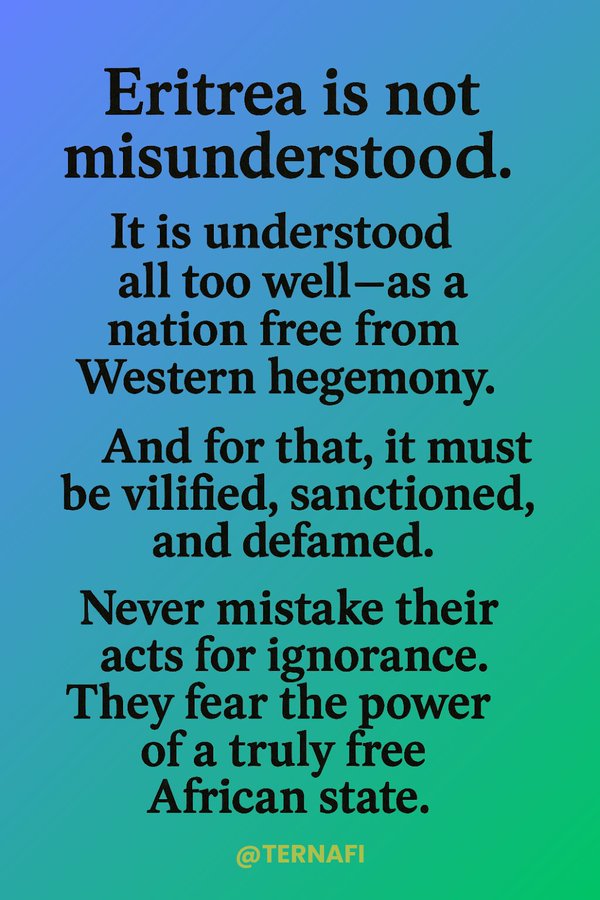
Re: May 21, 1984
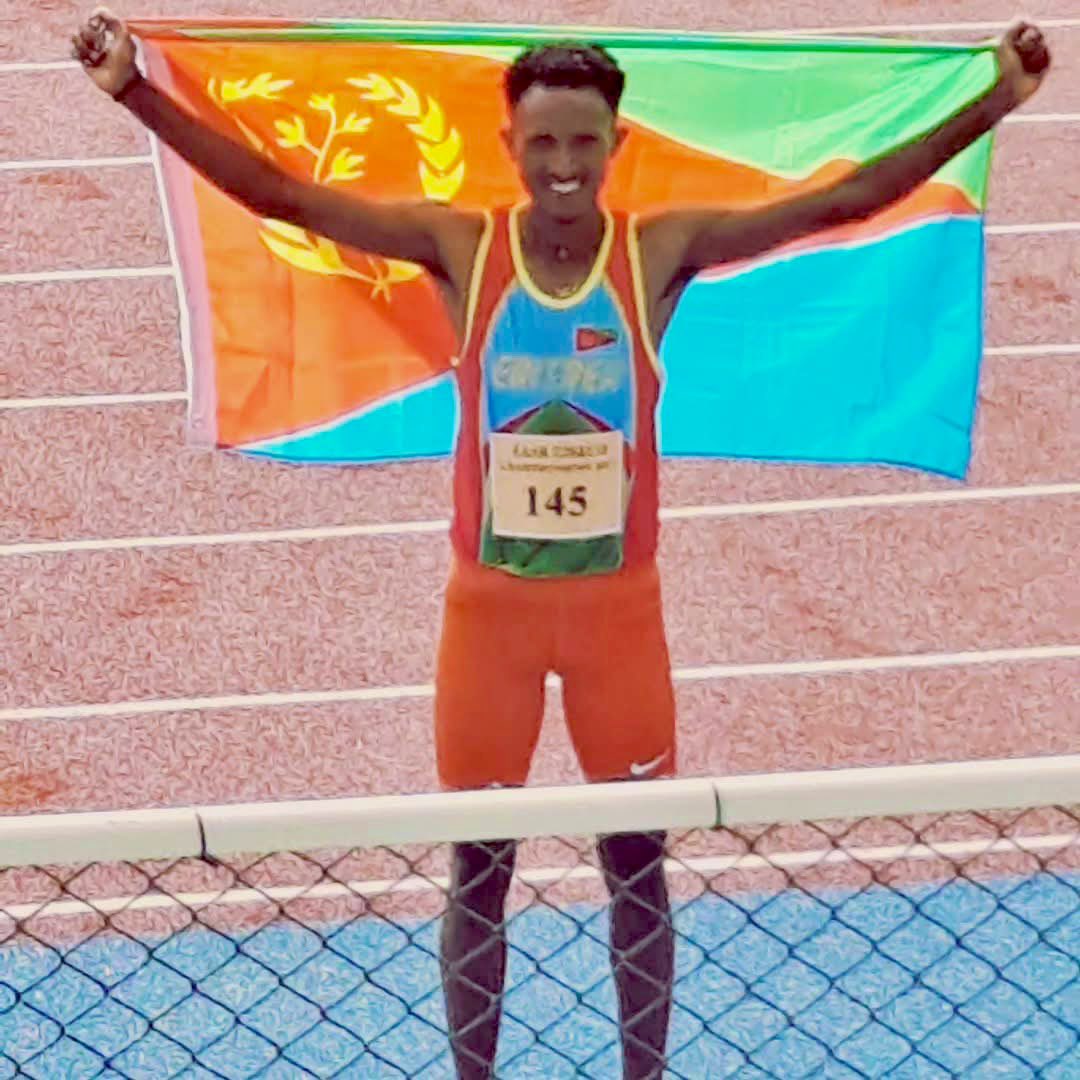
Congratulations to
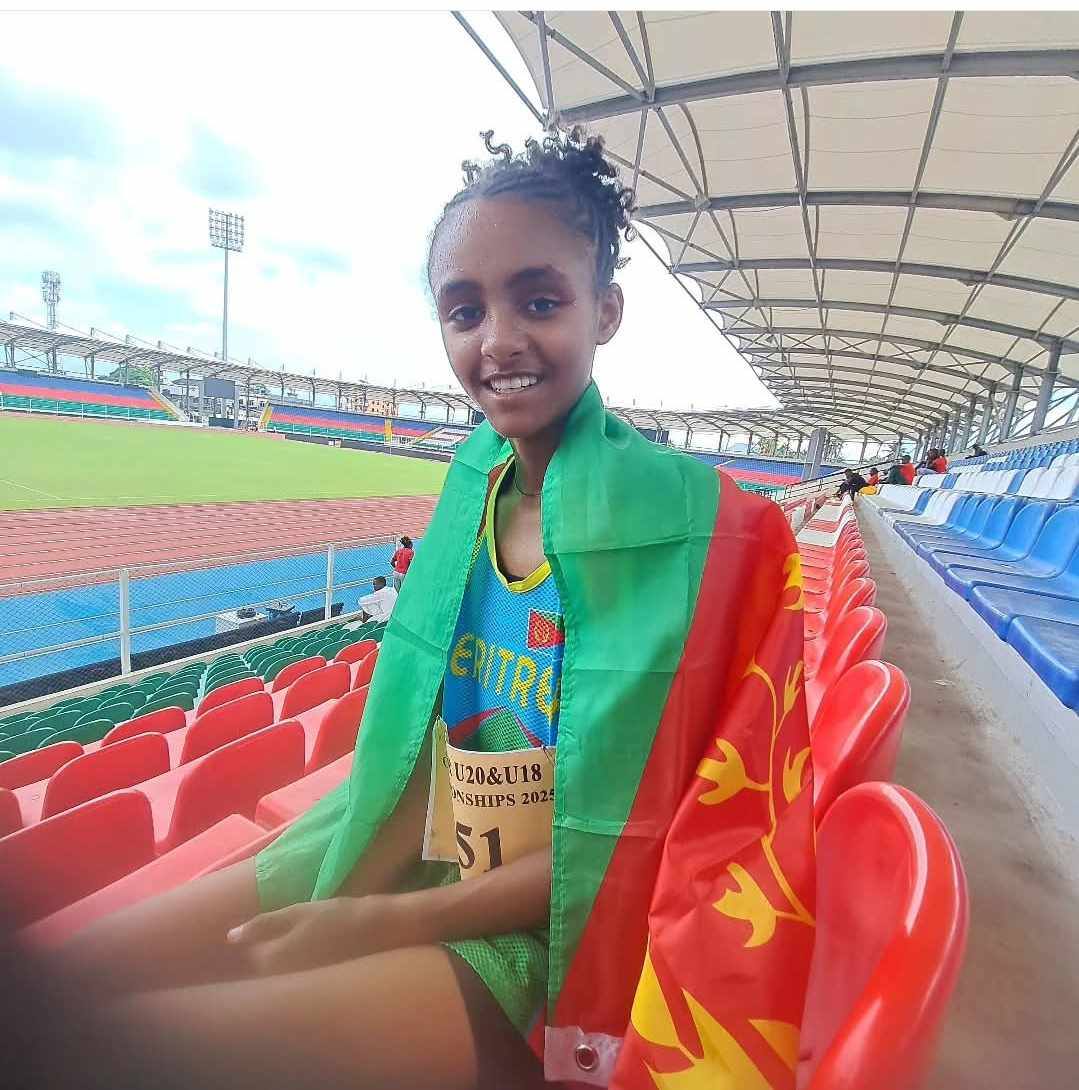
15 year old Kanari Teklemariam Claims
__________________
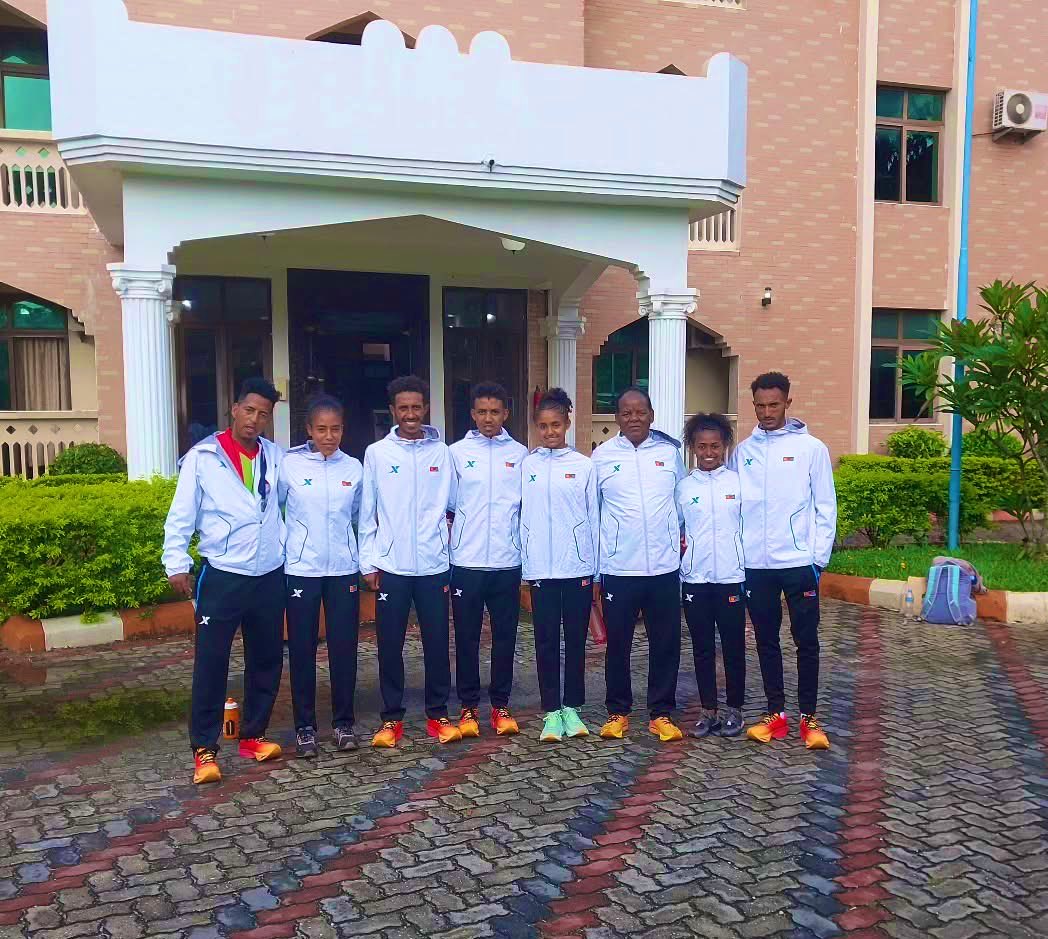
The Eritrean National Team (U18 and U20), is set to compete in the East Africa Track and Field Championships in Tanzania
_________________
__________________
Last edited by Zmeselo on 26 Apr 2025, 16:53, edited 4 times in total.
Re: May 21, 1984

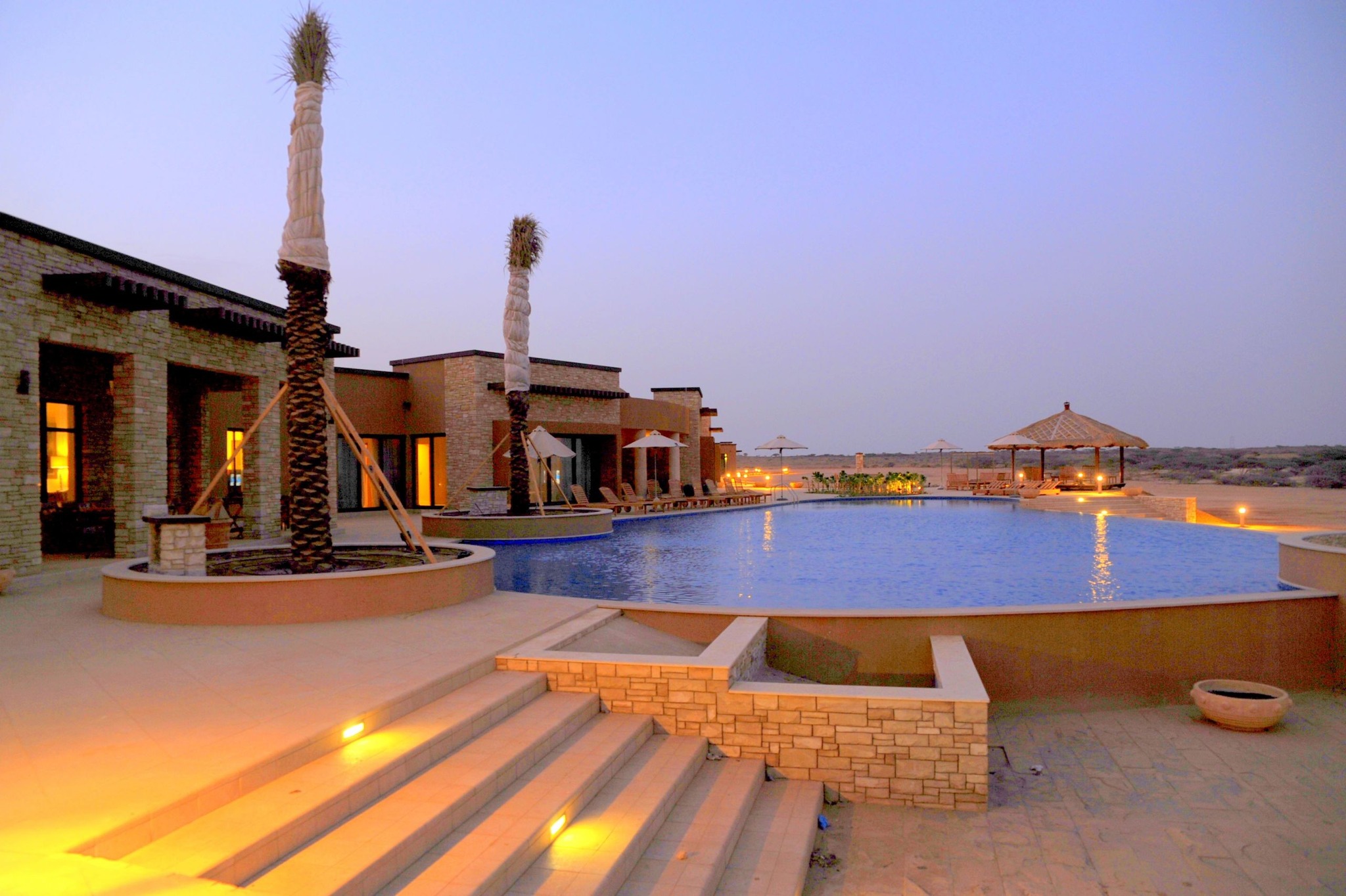
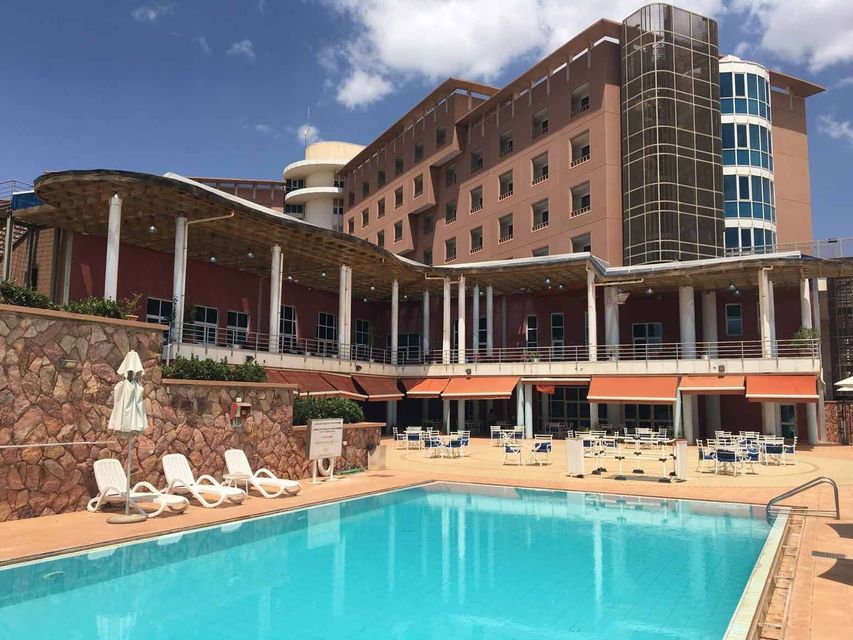
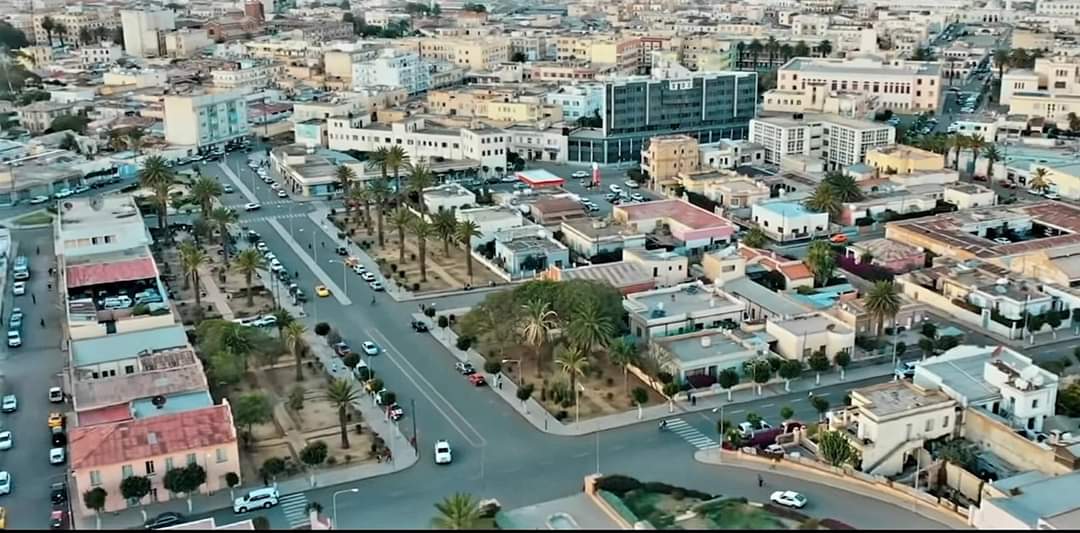
Eritrea ― Africa's island of peace | UNESCO World Heritage city
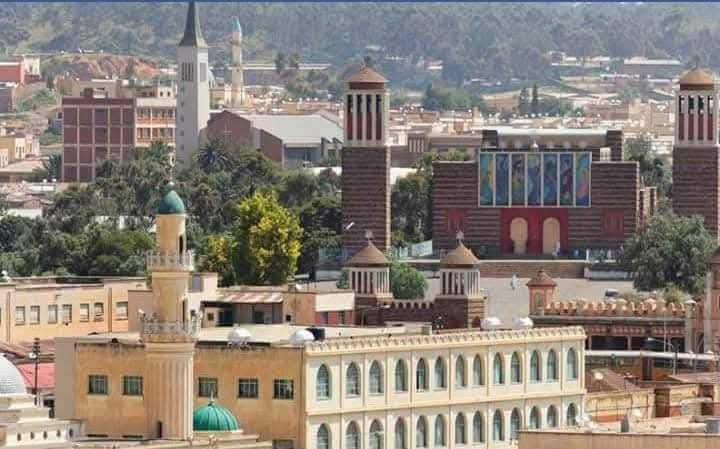
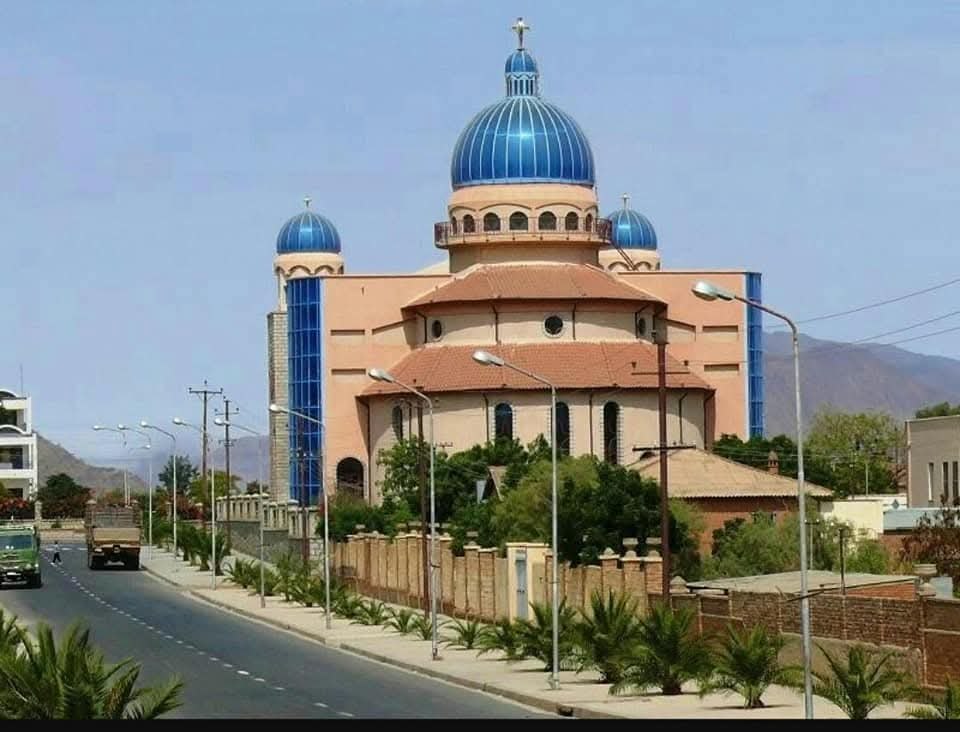
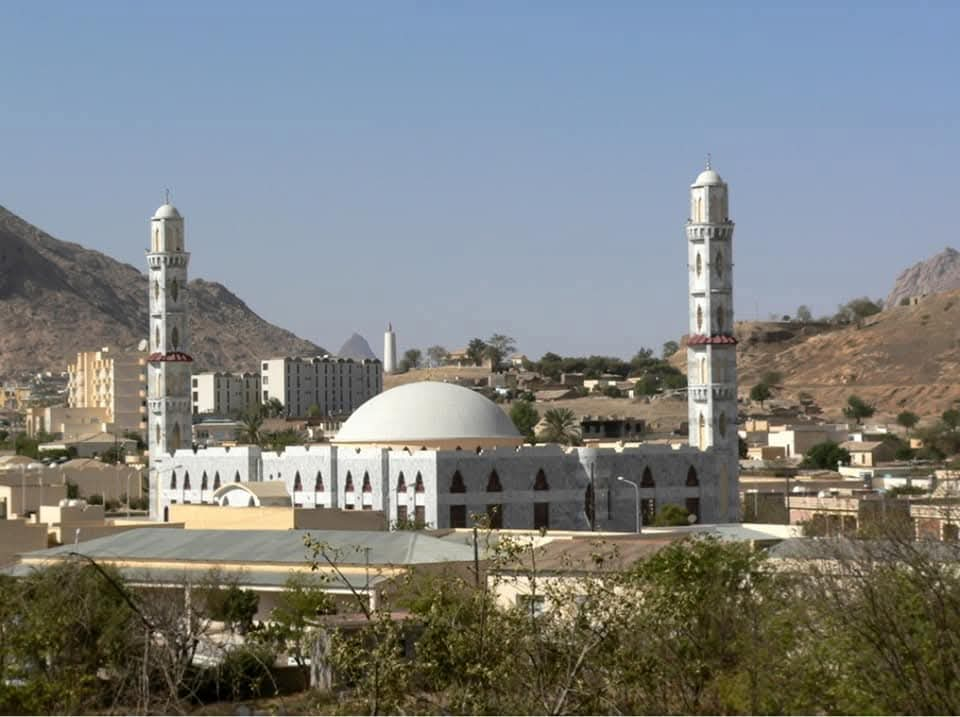
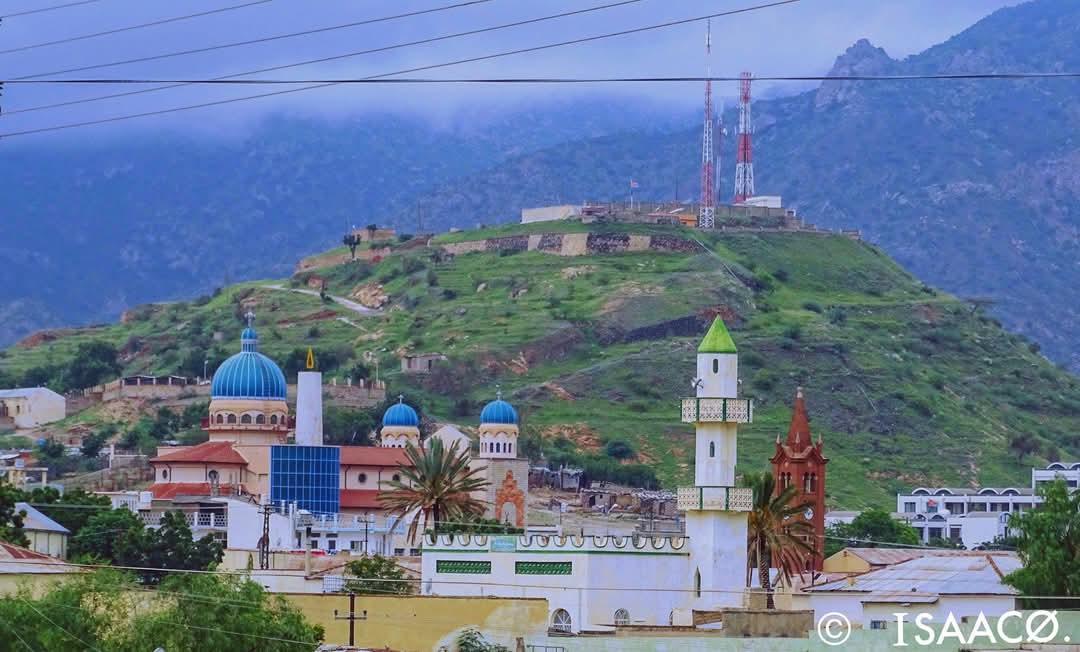
In Eritrea, Christian Churches and Muslim Mosques stand within a stone-throw distance of each other. But, there are no stones being thrown. The story of the peaceful co-existence of the religions of Islam and Christianity in the Country of Eritrea is an informative story seldom told.
The late, Dr. Samuel Mahaffy
Re: May 21, 1984
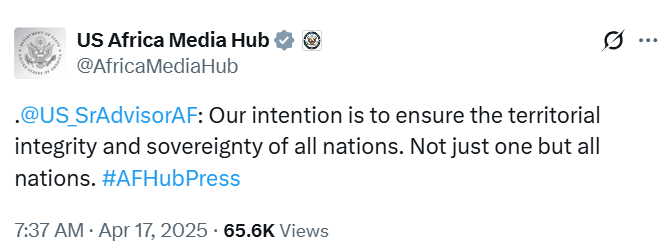
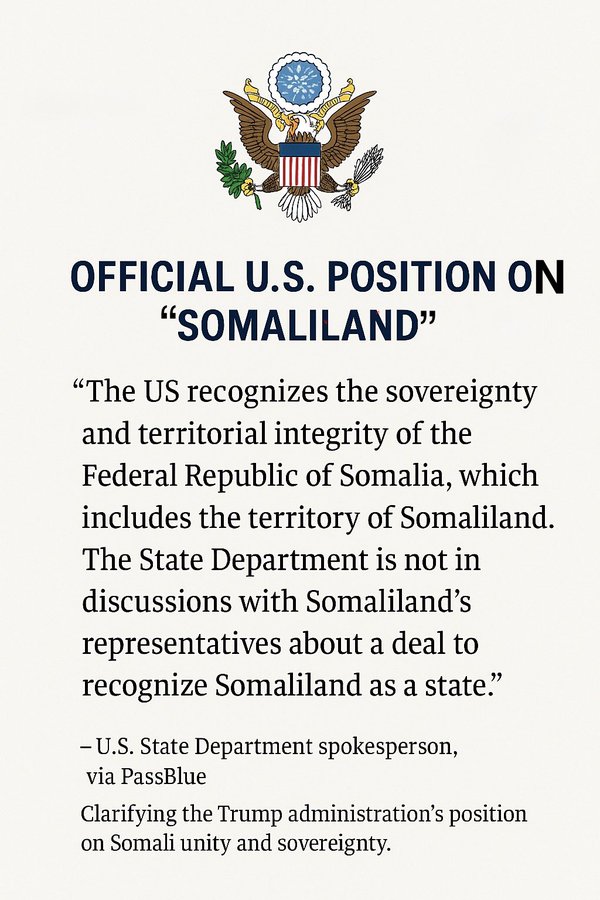
Looks like, karma’s doing its thing. This new U.S. State Department policy may have just bankrupted lobbyists such as this dude,
No wonder he’s suddenly taking shots at Eritrea, probably hoping the incompetent Oorroommuummaa ጨቅላ might throws him a bone ...
By Amb. Sophia Tesfamariam - My first instinct was to just say ...ሹሽ! But sometimes it is best to say what is really on my mind...and only because this time, he has crossed the line.
Tibor Nagy’s relentless disdain for Eritrea betrays not an informed geopolitical position, but a deep internal disquiet. His fixation on Eritrea, particularly its leadership, reveals less about the country itself and more about his own discomfort with nations that refuse to bow to external pressure. Eritrea’s commitment to sovereignty, self-reliance, and principled resistance is the very antithesis of everything Nagy has tried, and failed, to undermine throughout his career.
I am no psychiatrist, but Nagy’s constant attacks on Eritrea and President Isaias Afwerki are not expressions of diplomacy; they are manifestations of personal resentment. Eritreans, a gallant and dignified people, stand tall in the face of adversity, unmoved by sanctions, slander, or sabotage. Their freedom was not gifted but earned, their unity not imposed but chosen. These are virtues that small men find threatening. Eritrea’s legacy, forged in blood and unwavering resilience, cannot be erased by those who traffic in bitterness and historical revisionism.
These insecurities were most visible during Nagy’s tenure as U.S. Ambassador to Ethiopia from 1999 to 2002, during the height of the Eritrea-Ethiopia War. At that critical moment, he harbored a quiet ambition—to see Eritrea kneel: politically isolated, economically weakened, and diplomatically erased. His alignment with the kleptocratic minority TPLF regime, was not incidental. It was deliberate. Their inferiority complex, was the perfect match for his white savior superiority. Together, they mistook Eritrea’s principled stance for stubbornness and its silence for weakness.
But, Eritrea did not bend. It refused to yield to geopolitical bullying or regional puppeteering. It remained, as ever, guided by clarity of purpose and fidelity to its people. That refusal to conform, to betray its values for aid, applause, or alignment, is what continues to haunt Nagy. His bitterness today is not that of a strategist, but of a man whose playbook failed to shake the resolve of a sovereign nation.
No wonder, there was no place for Tibor Nagy and his ilk in the Trump Administration. His approach, rooted in paternalism, condescension, and Cold War hangovers, had no place in a shifting world that began to question the very assumptions that shaped men like him. As U.S. policy sought to break from some of its most interventionist impulses, Nagy’s outdated playbook and stale narratives became irrelevant. His failure to adapt rendered him obsolete, a figure relegated to shouting from the sidelines, joining the chorus of former operatives and analysts turned pundits.
And now, as Eri-Fluenza season returns, the time of year when all anti-Eritrean elements scramble for attention on social media, desperate to stay relevant, Nagy, too, clambers back into the spotlight. Their symptoms are all too familiar: recycled talking points, performative outrage, and a compulsive need to speak over Eritreans rather than engage with them. But, the world is changing. Eritrea’s voice is no longer whispered, through proxies. It is heard clearly, and it speaks with conviction.
Contrary to popular belief, America respects those who respect themselves. It has never had much use for quislings, those who sell out their own people for the illusion of proximity to power. In the long arc of U.S. engagement, history favors the resolute over the compliant. Eritrea, in choosing dignity over dependency, has shown that respect is not begged for, it is commanded.
Today, as the global order shifts toward multipolarity and renewed emphasis on national sovereignty, figures like Nagy are increasingly sidelined. There is no room in the new era of diplomacy for those who view Africa through a lens of domination and patronage. His relevance has waned, eclipsed by a generation that refuses to apologize for defending their dignity.
For Tibor Nagy, hate has become his only crutch, a hollow prop he leans on to remain part of conversations that have long outgrown him. His attacks on Eritrea are not critiques, they are projections. He mistakes Eritrea’s strength for arrogance because he cannot comprehend dignity, that does not derive from subservience.
Eritrea, meanwhile, stands firm, not with crutches, but with clarity. Its people did not inherit freedom; they fought for it. They do not need validation, from those who never understood them. Eritrea’s path is not for the faint-hearted, and certainly not for those whose only legacy is complaint, not courage.
President Donald Trump, is cleaning house and rightfully so. African nations deserve high-level, skilled, and respectful diplomatic engagement, just like any other region. Africa should not be treated as a place where junior or less competent diplomats are sent to "cut their teeth" or practice diplomacy, as if the stakes and people involved are somehow less important.
Mic drop ...
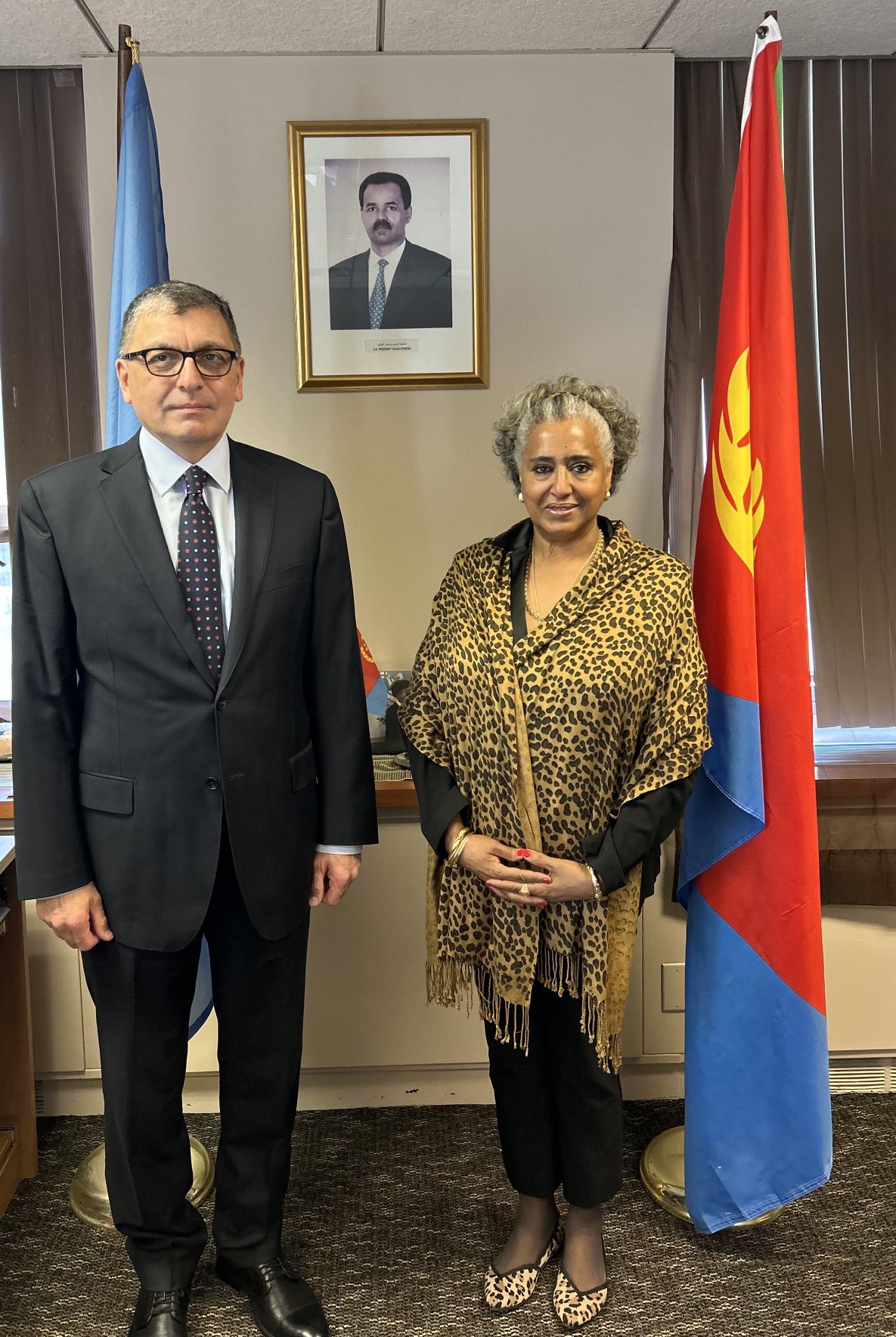
Welcomed H.E. Mr. Tofig Musayev, PR of Azerbaijan to @Eritrea_UN. Discussed ongoing global challenges, peace & security in our respective regions, how shared histories & cultures can strengthen bilateral relations. Will cooperate @UN 2 strenghten Azerbaijan- Eritrea relations @AmbStesfamariam
-
Deqi-Arawit
- Senior Member
- Posts: 15759
- Joined: 29 Mar 2009, 11:10
- Location: Bujumbura Brundi
Re: May 21, 1984

According to these Skuni, these repetitive image of fruit market in Asmara is a barometer that Eritrea under the skuni leadership is progressing rapidly.
IQ matters.
Re: May 21, 1984
Deqi-Arawit wrote: ↑26 Apr 2025, 13:32
According to these Skuni, these repetitive image of fruit market in Asmara is a barometer that Eritrea under the skuni leadership is progressing rapidly.
IQ matters.
Re: May 21, 1984
_________________
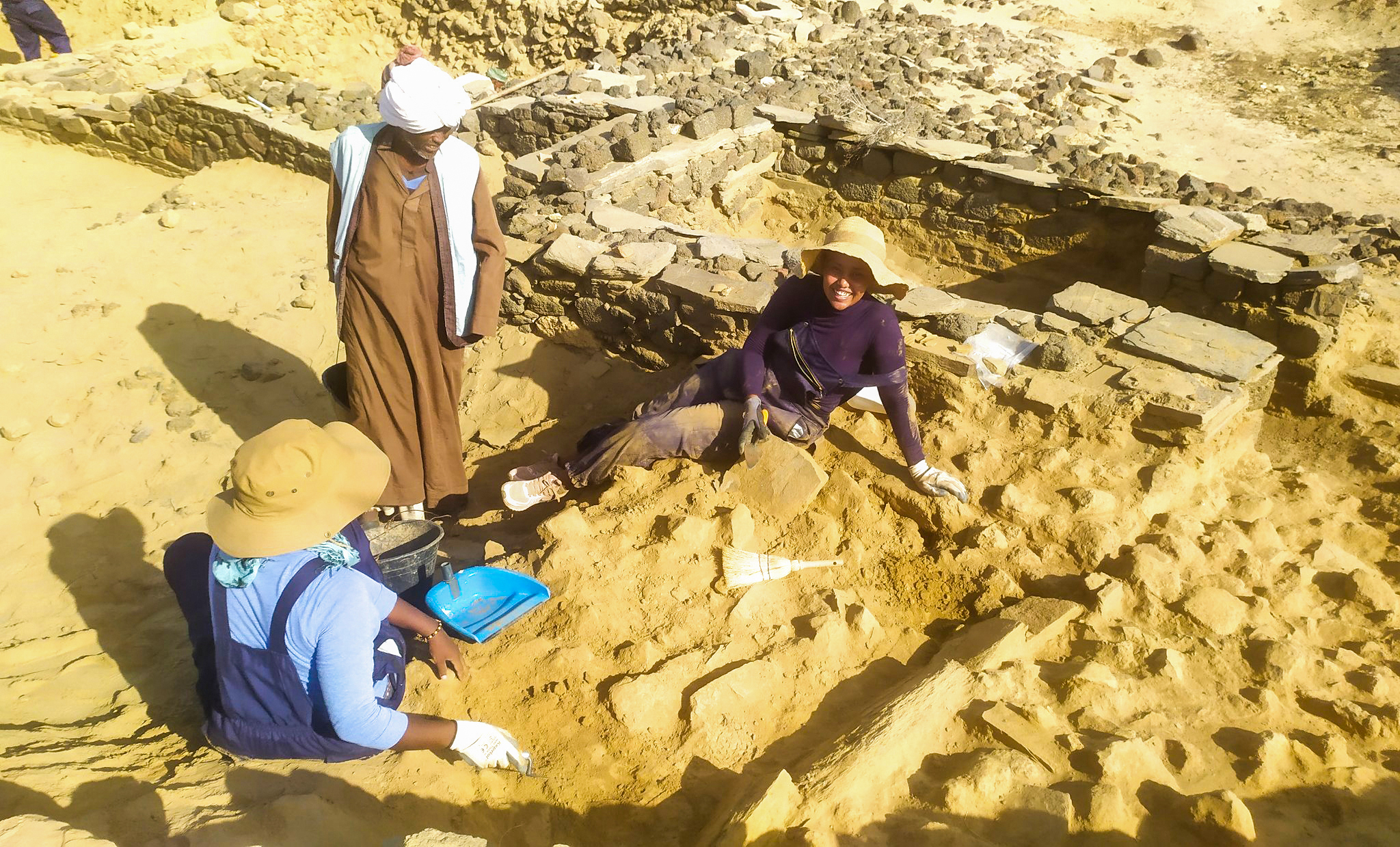
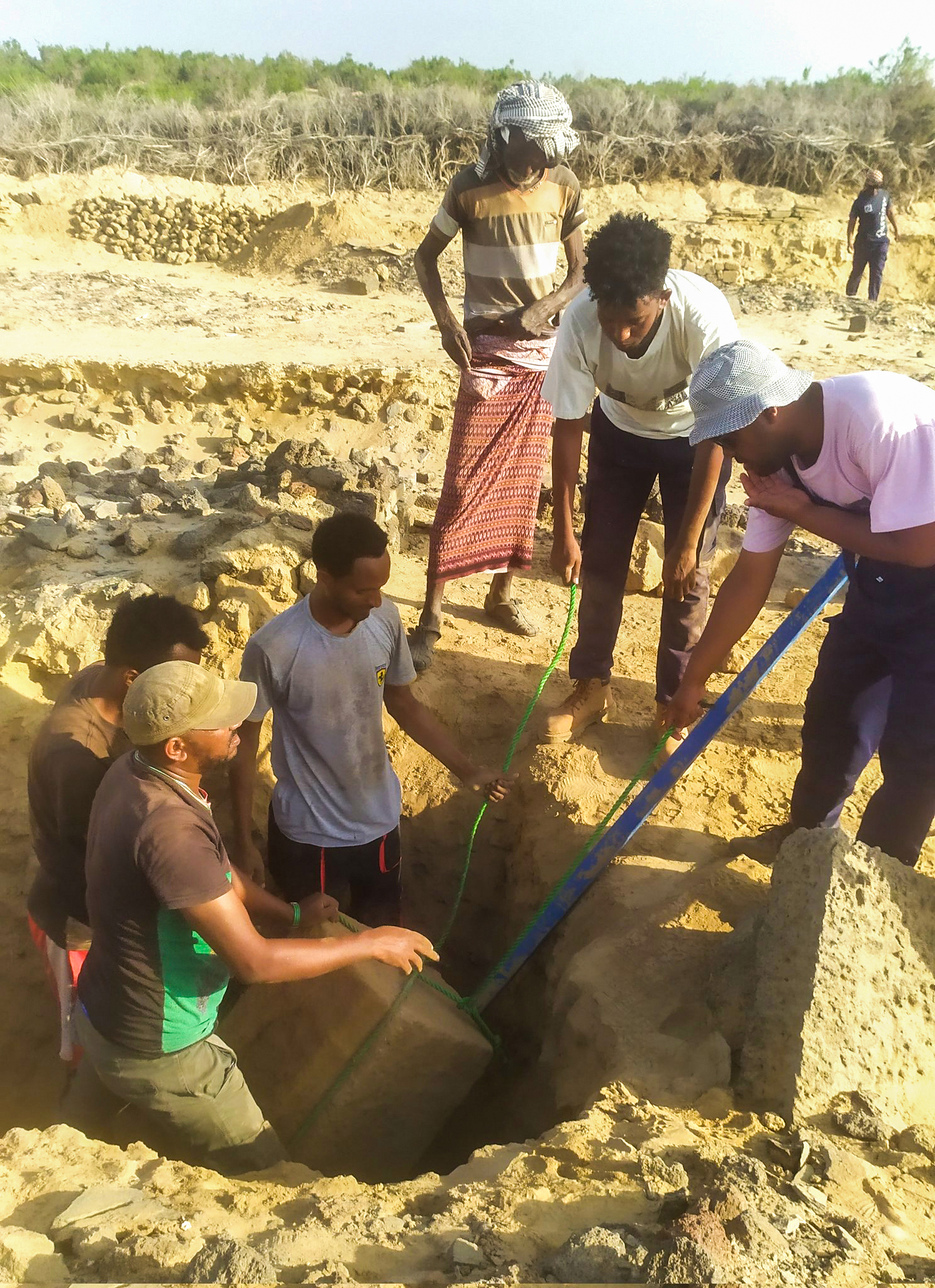
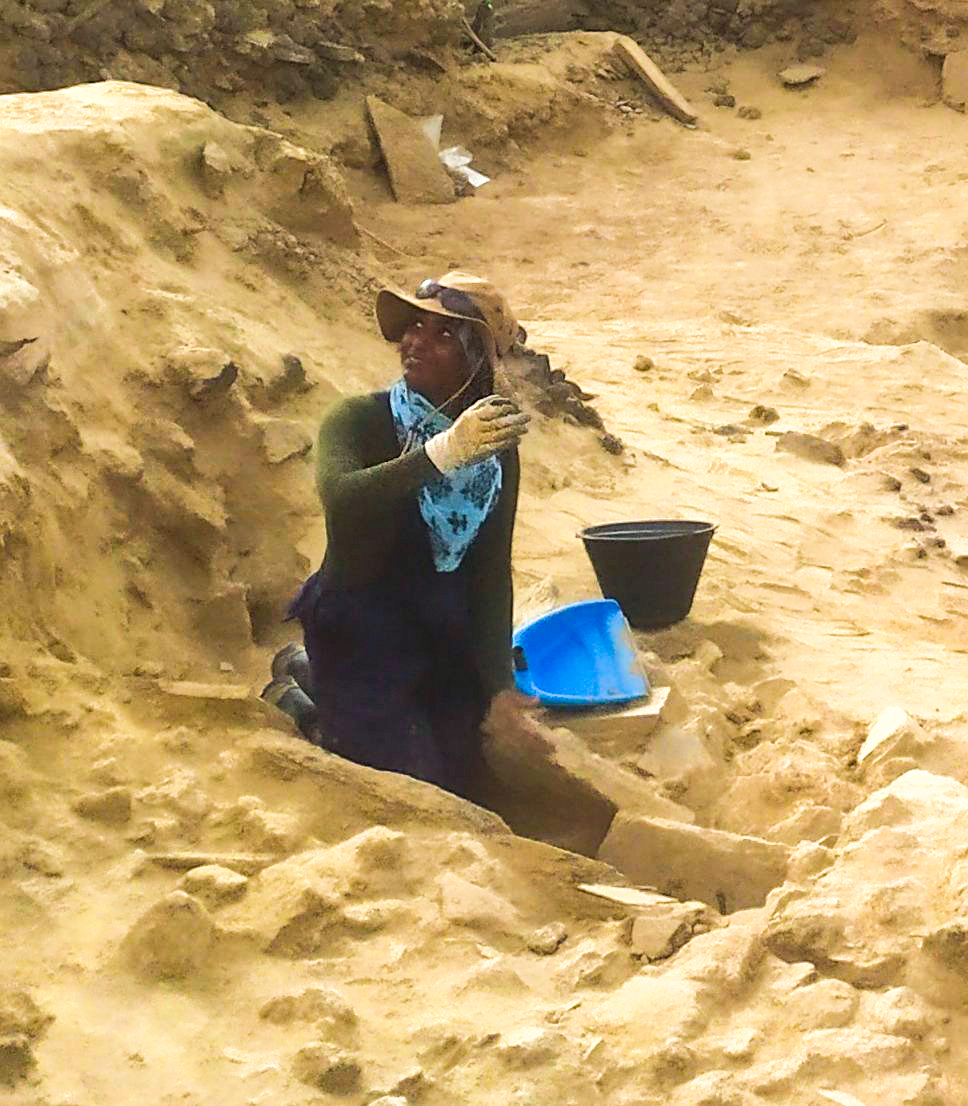

The Adulis Archaeological Project site
__________________
